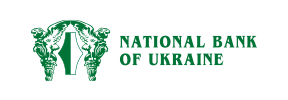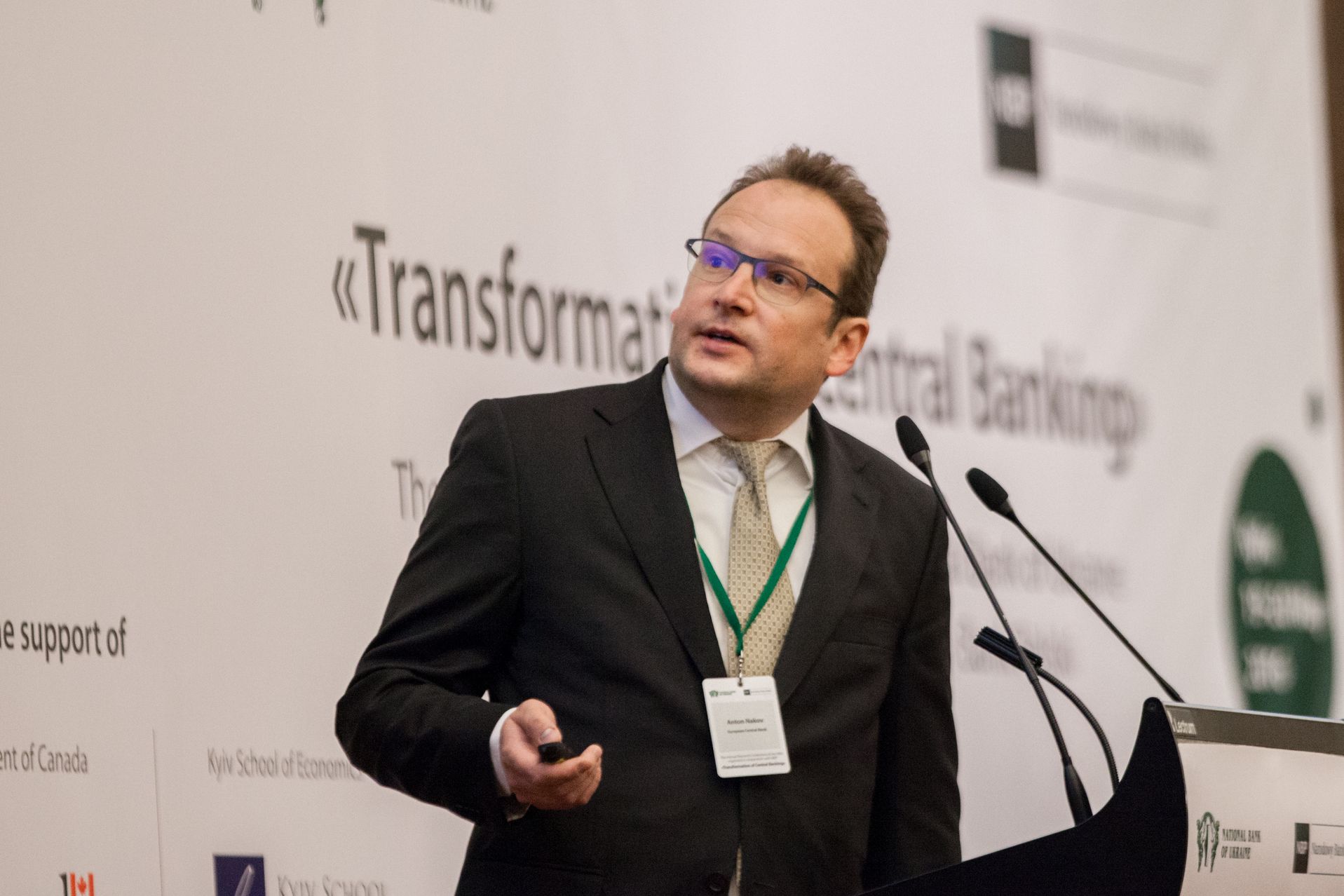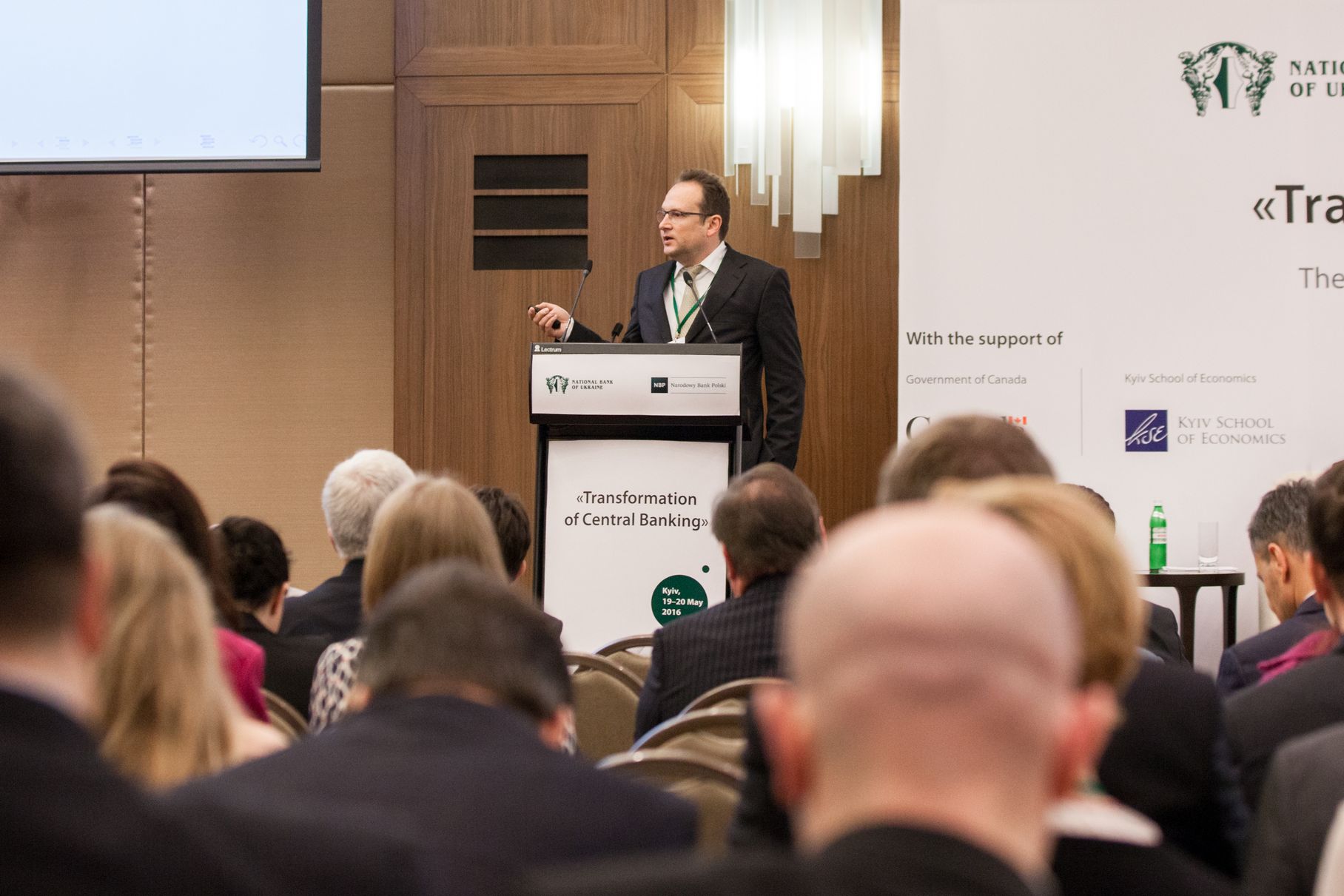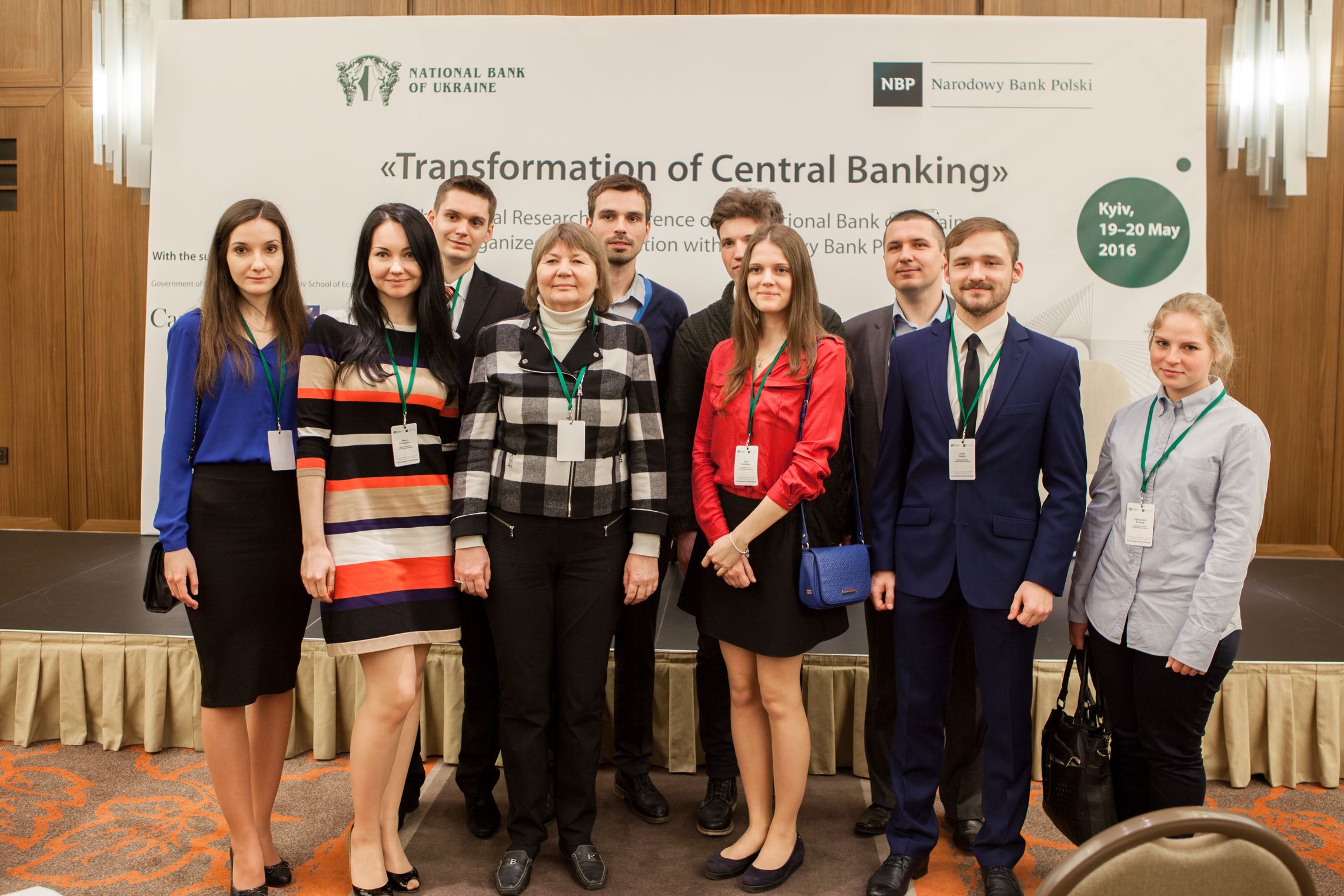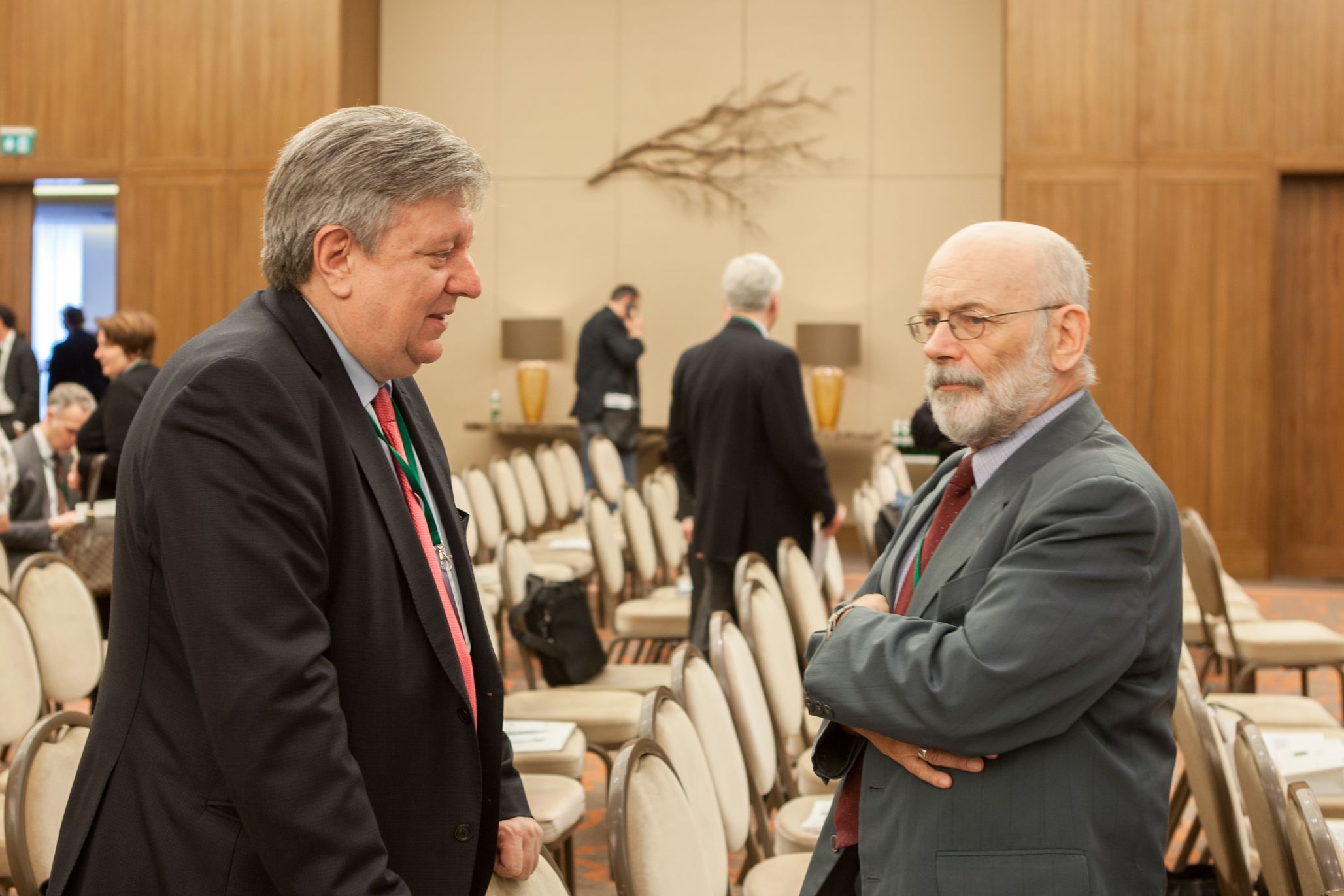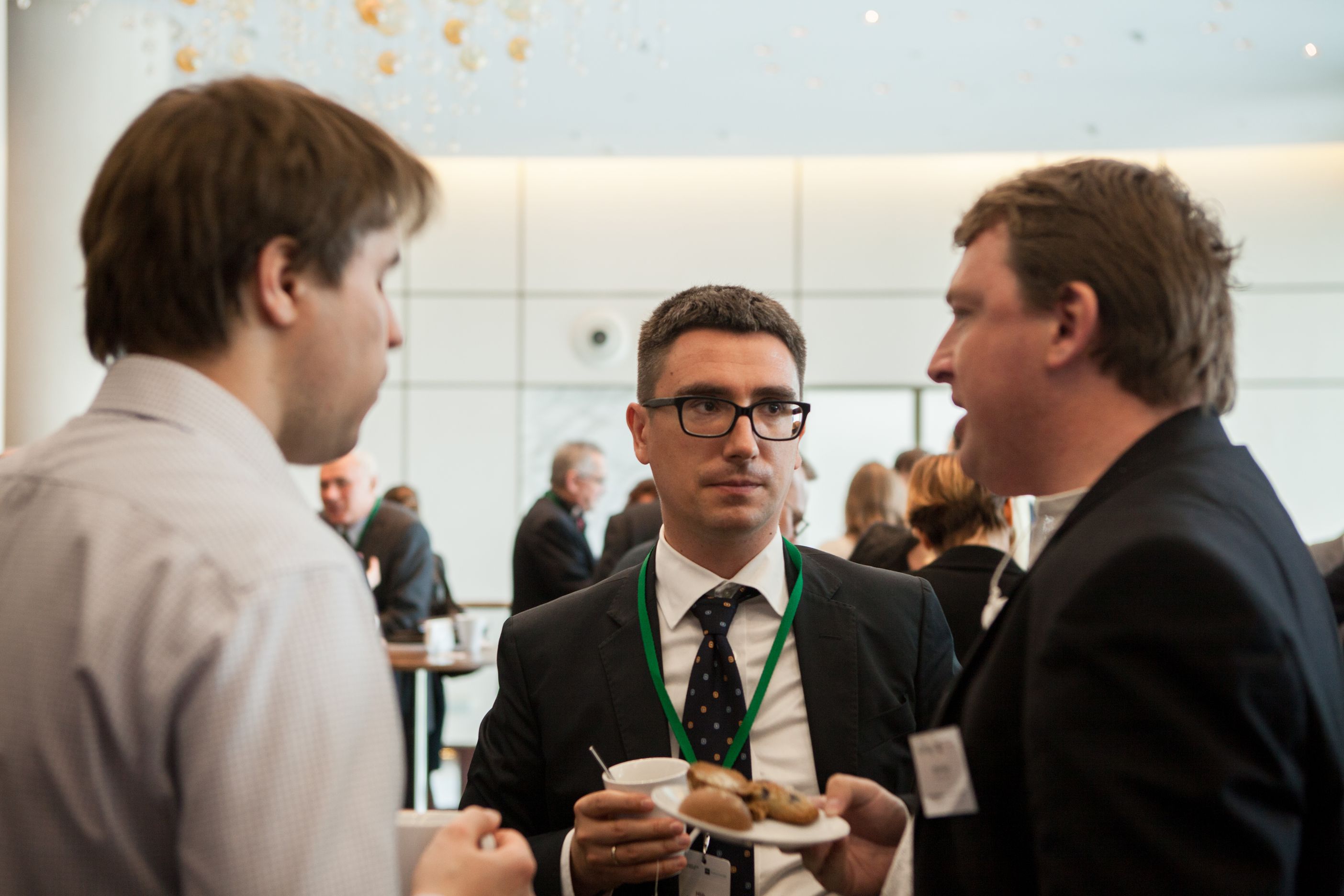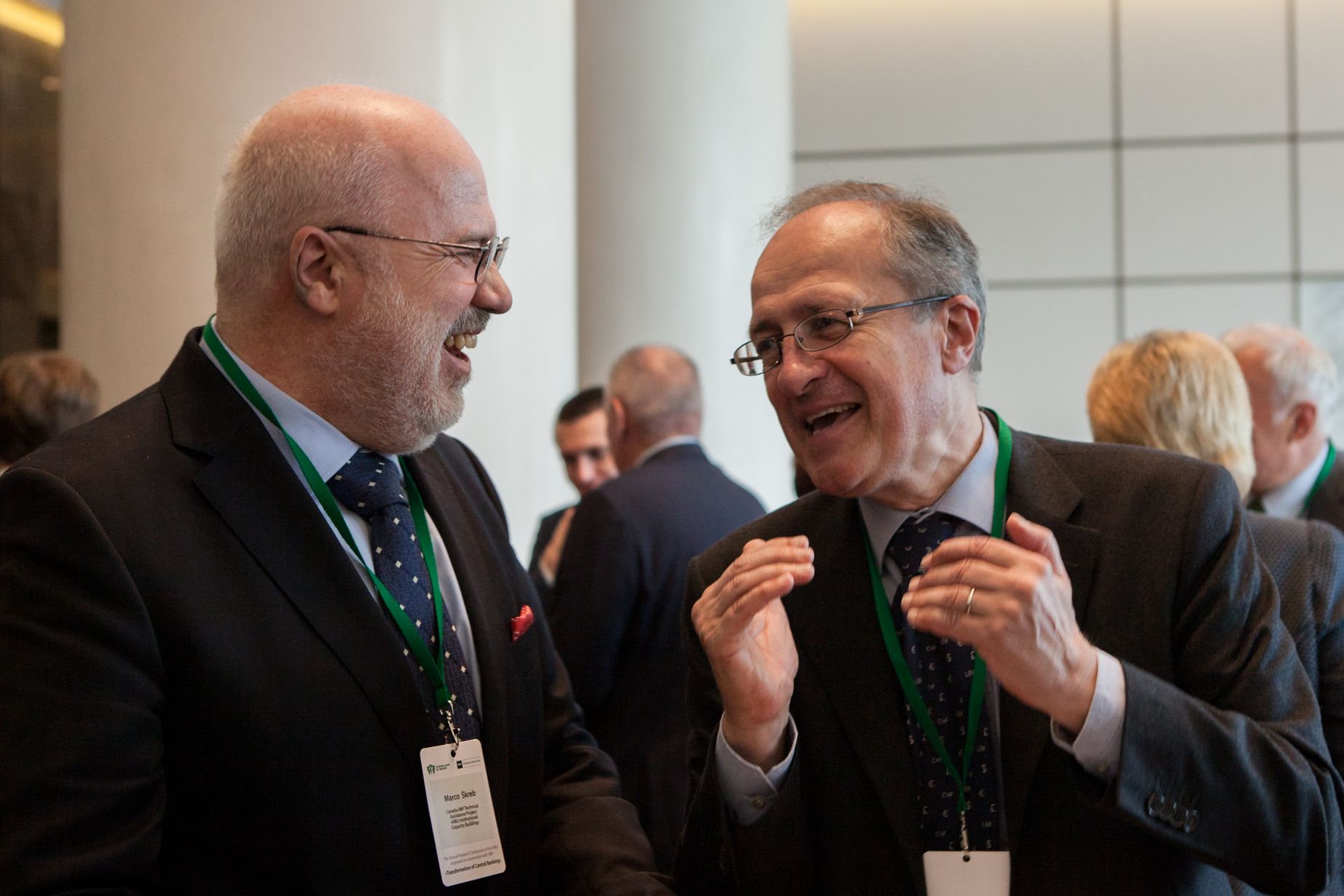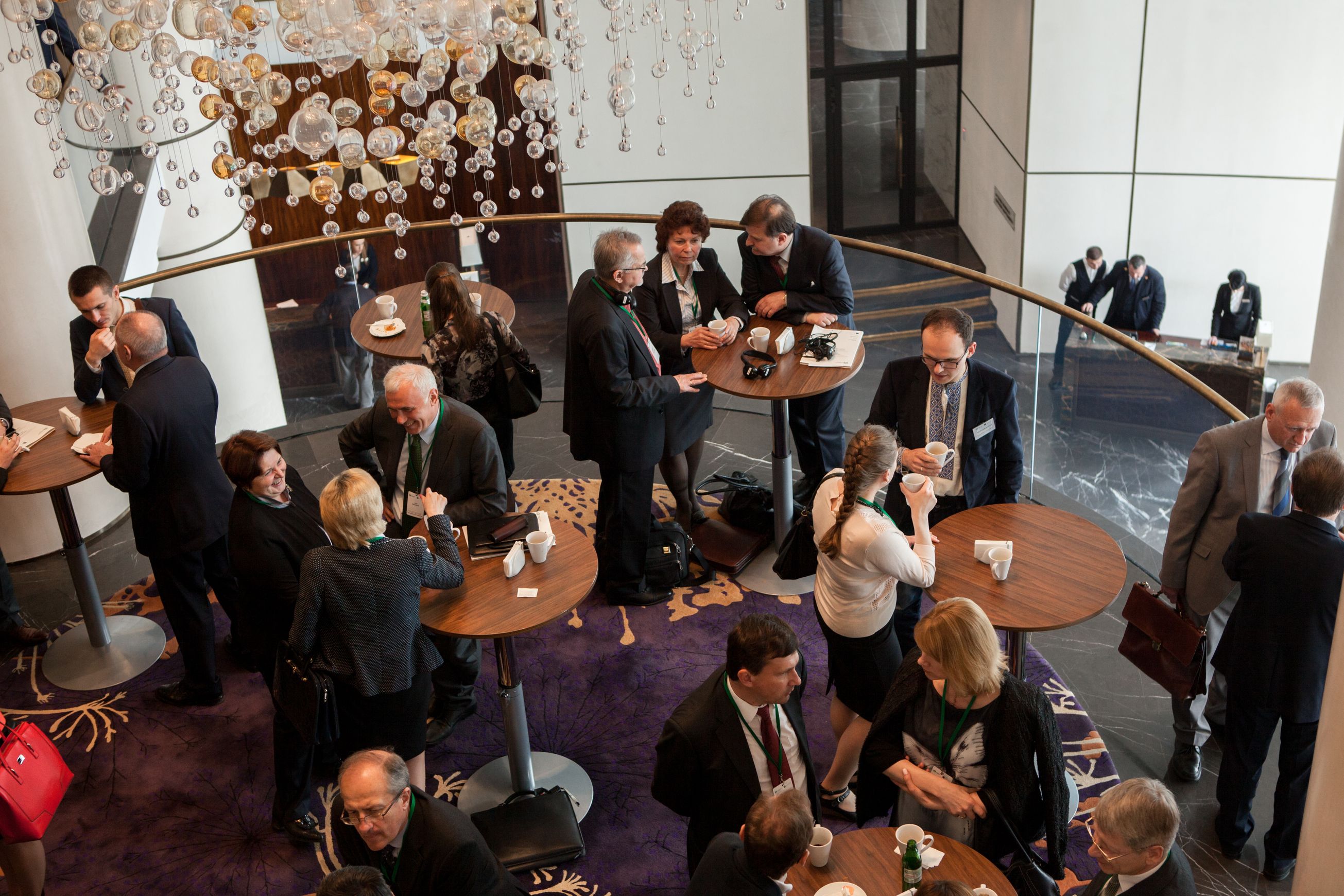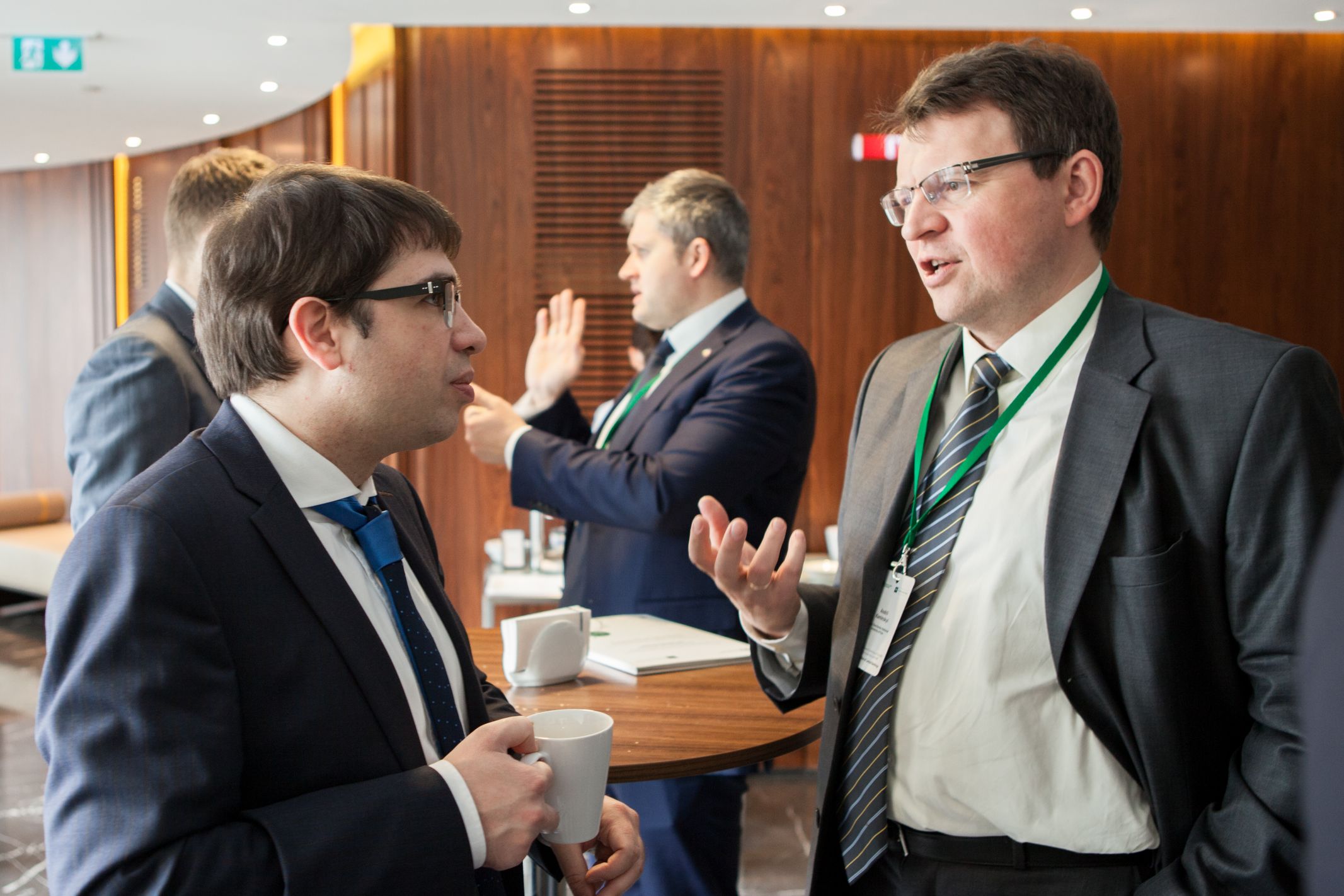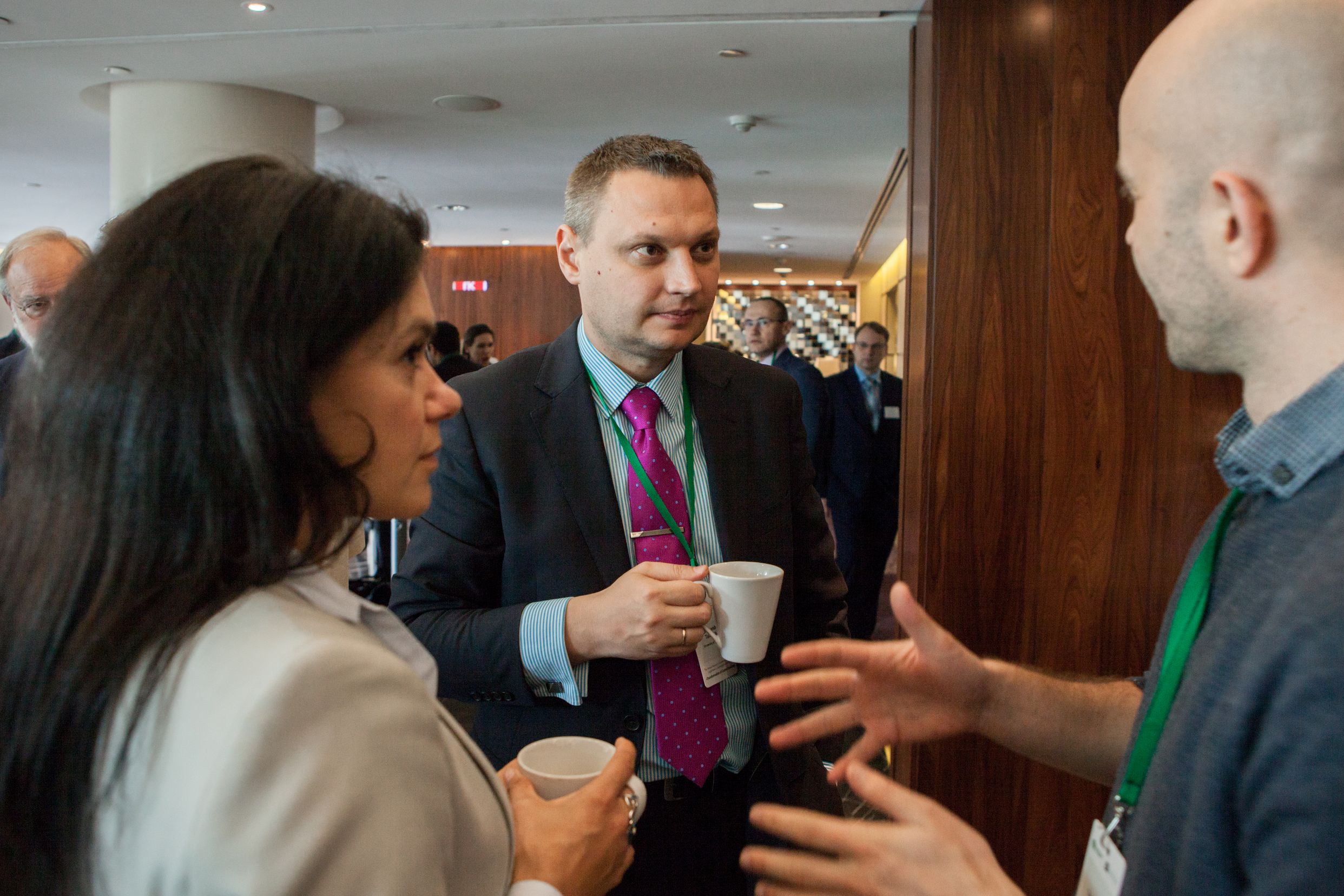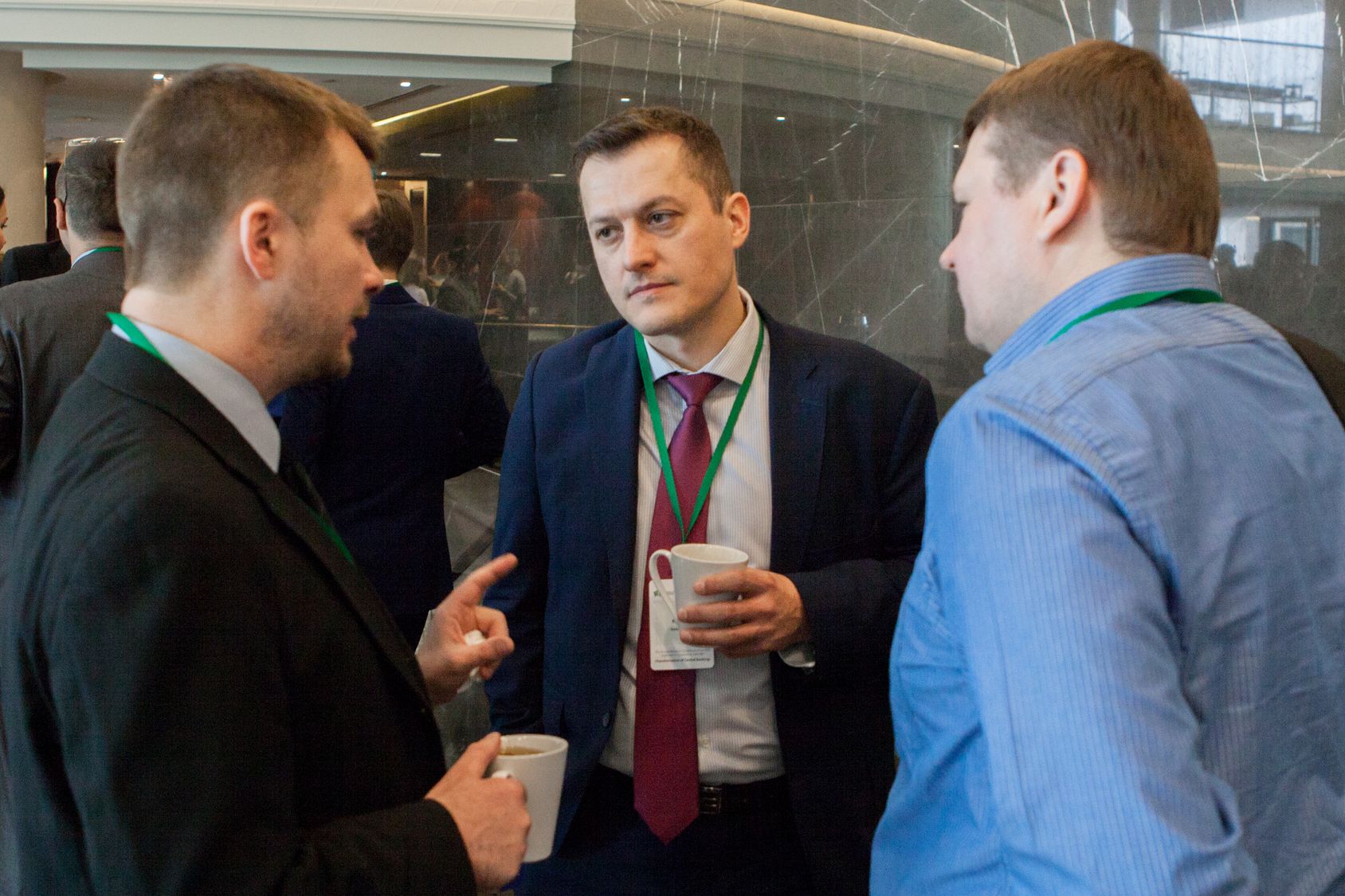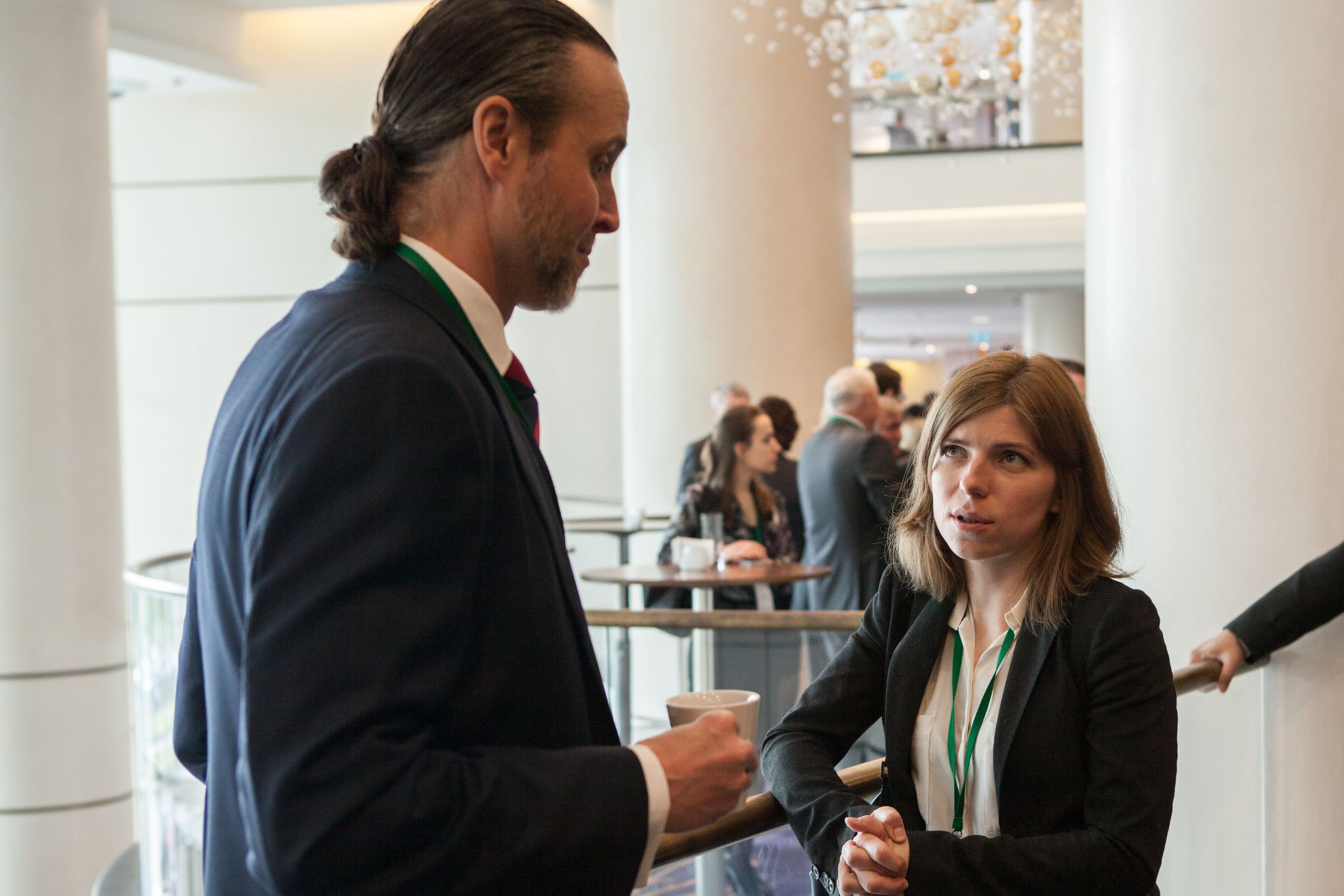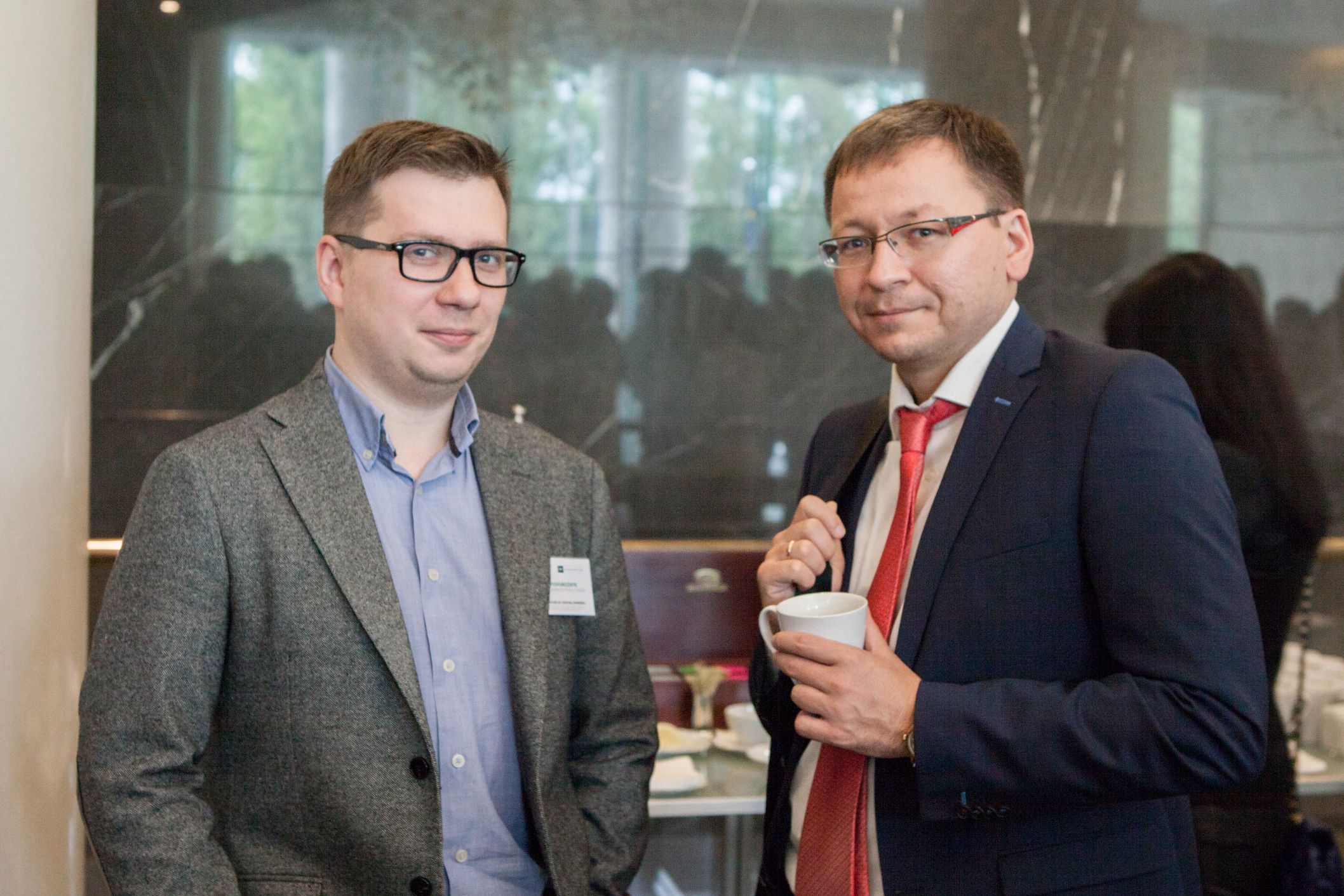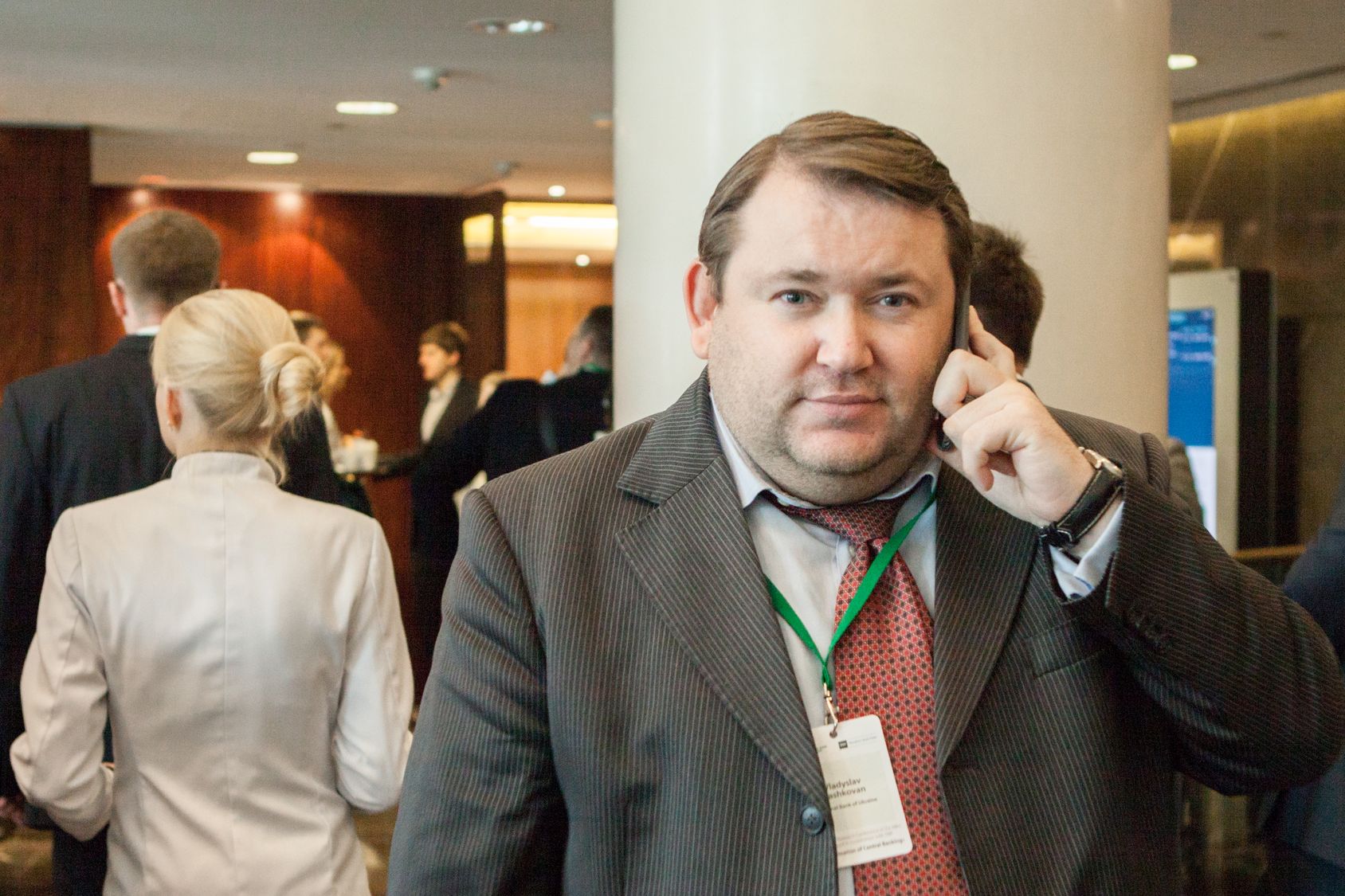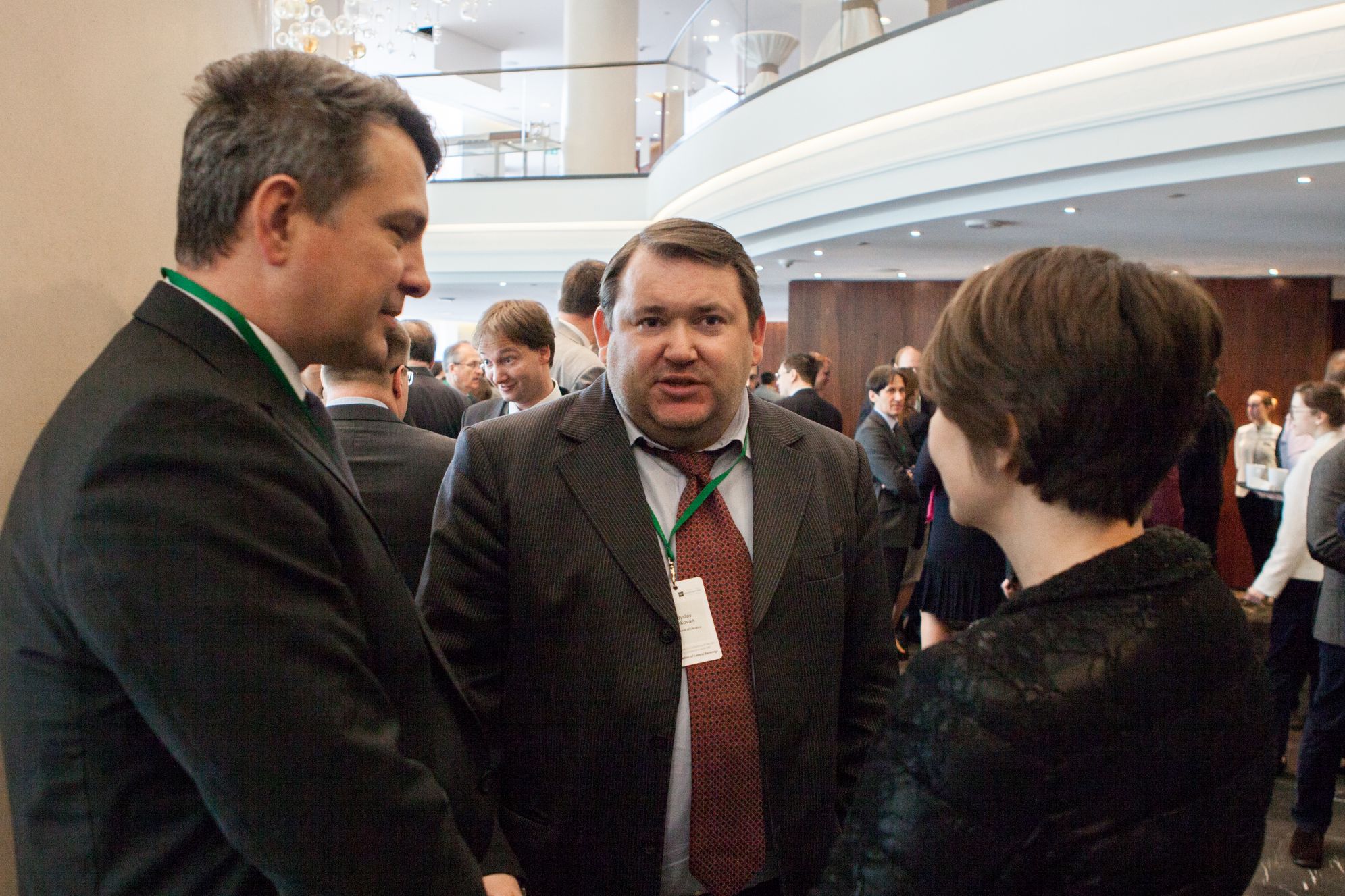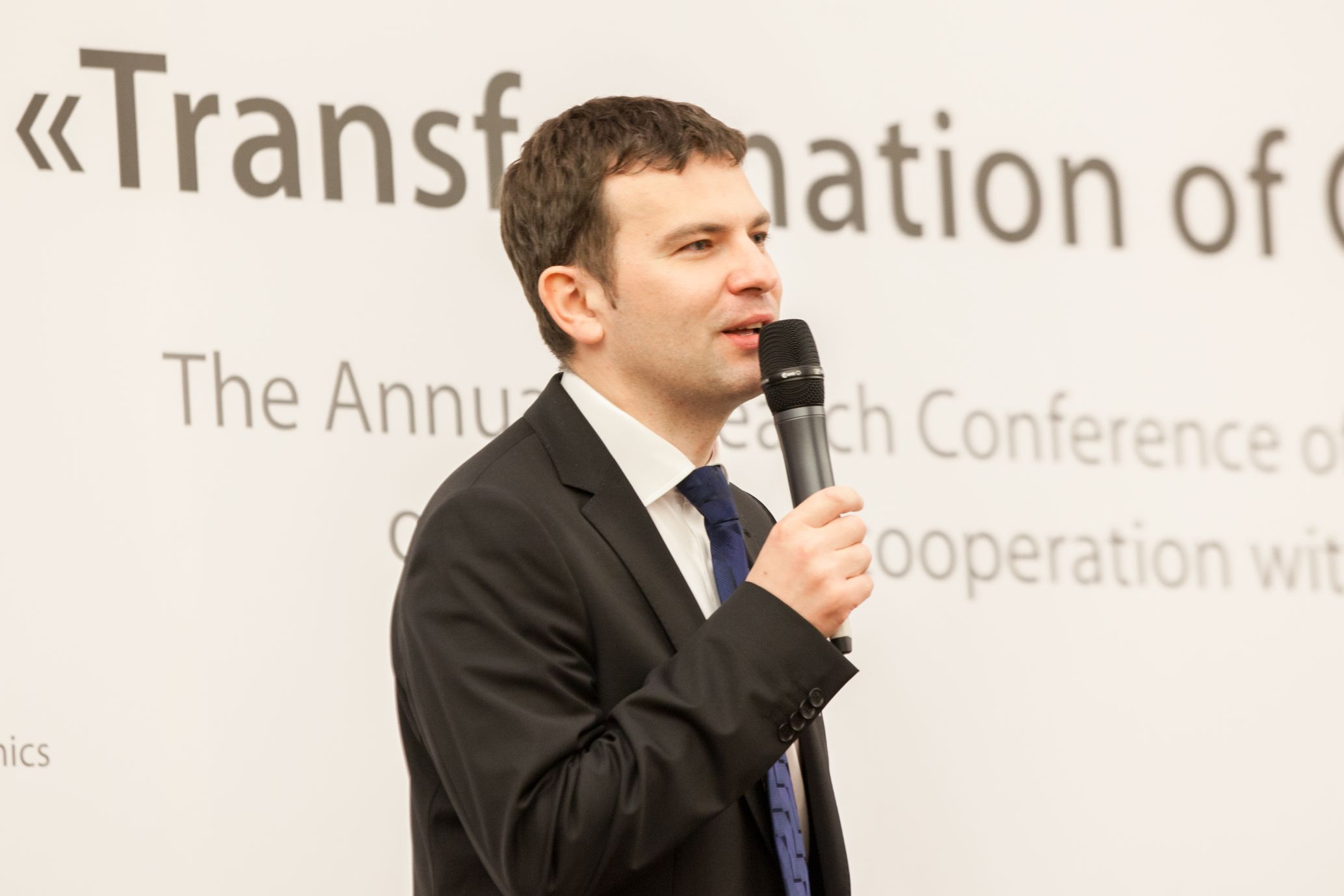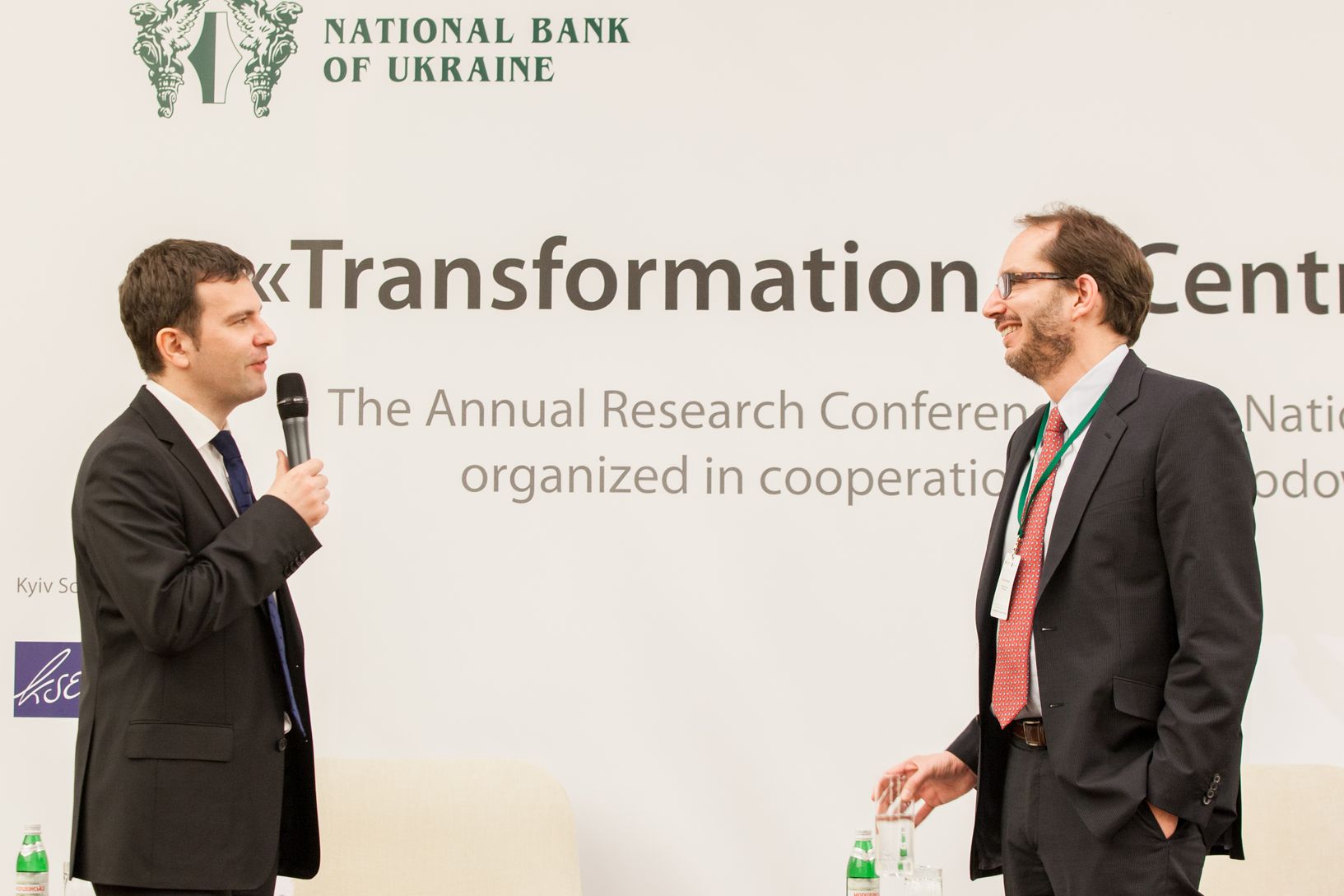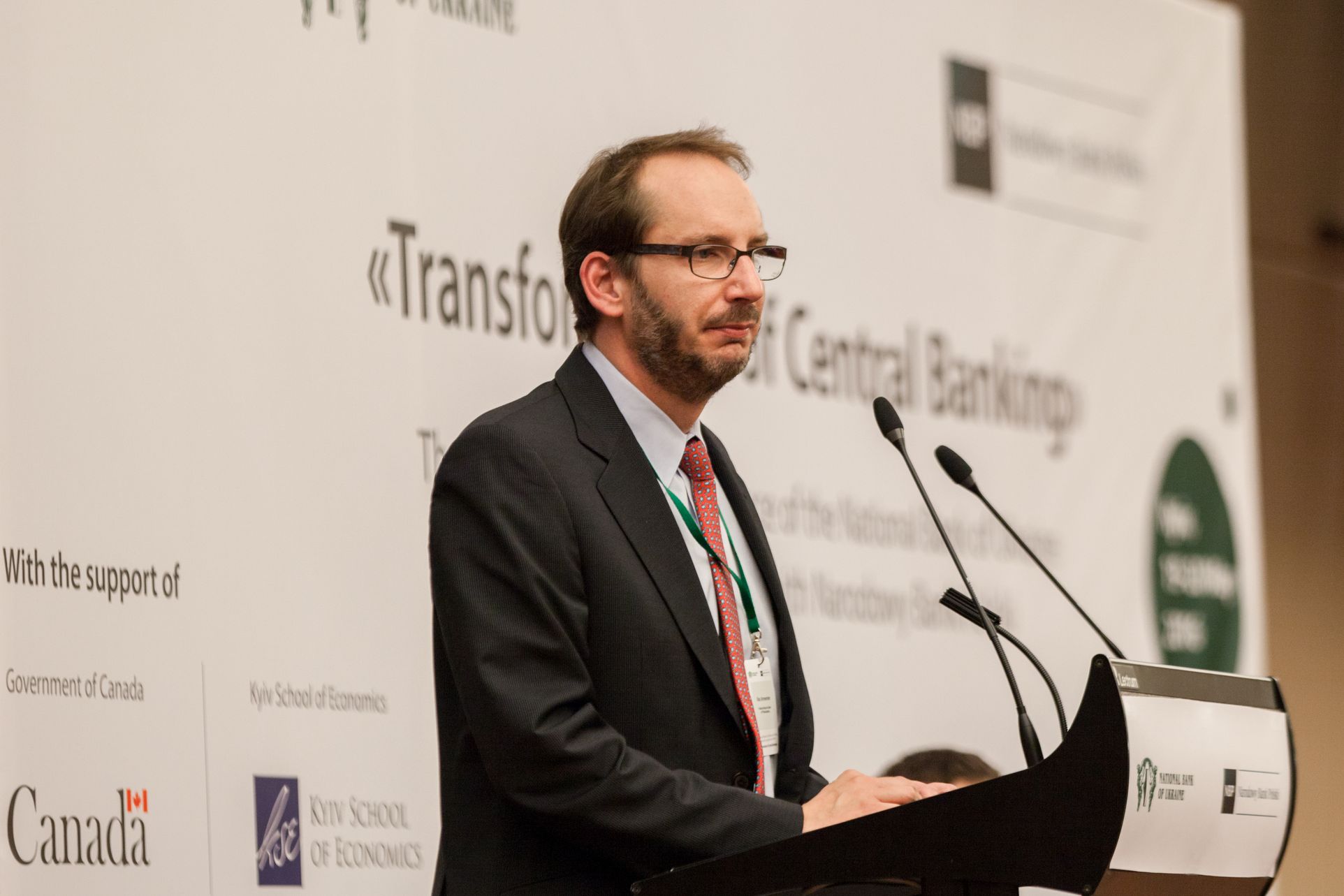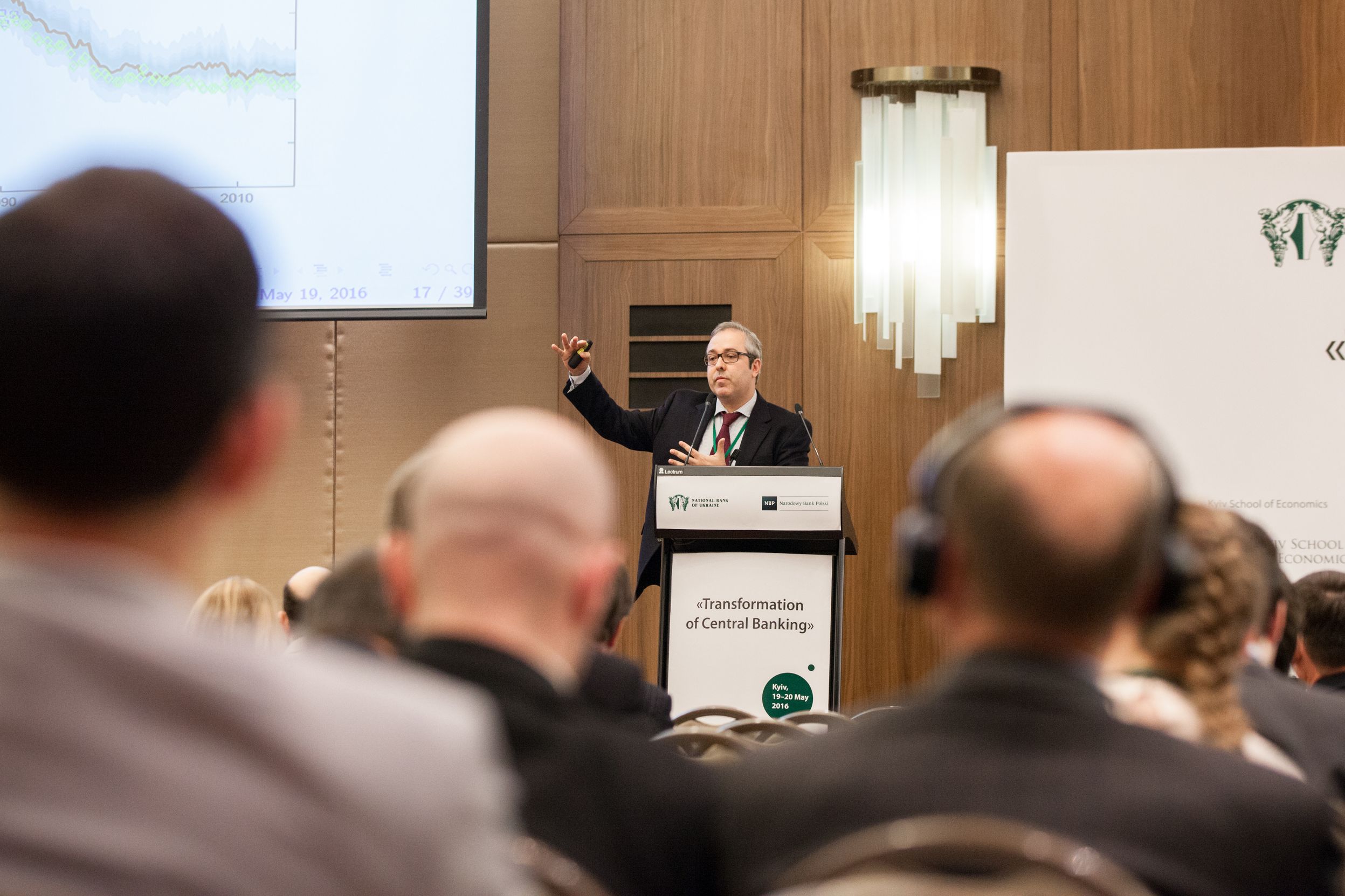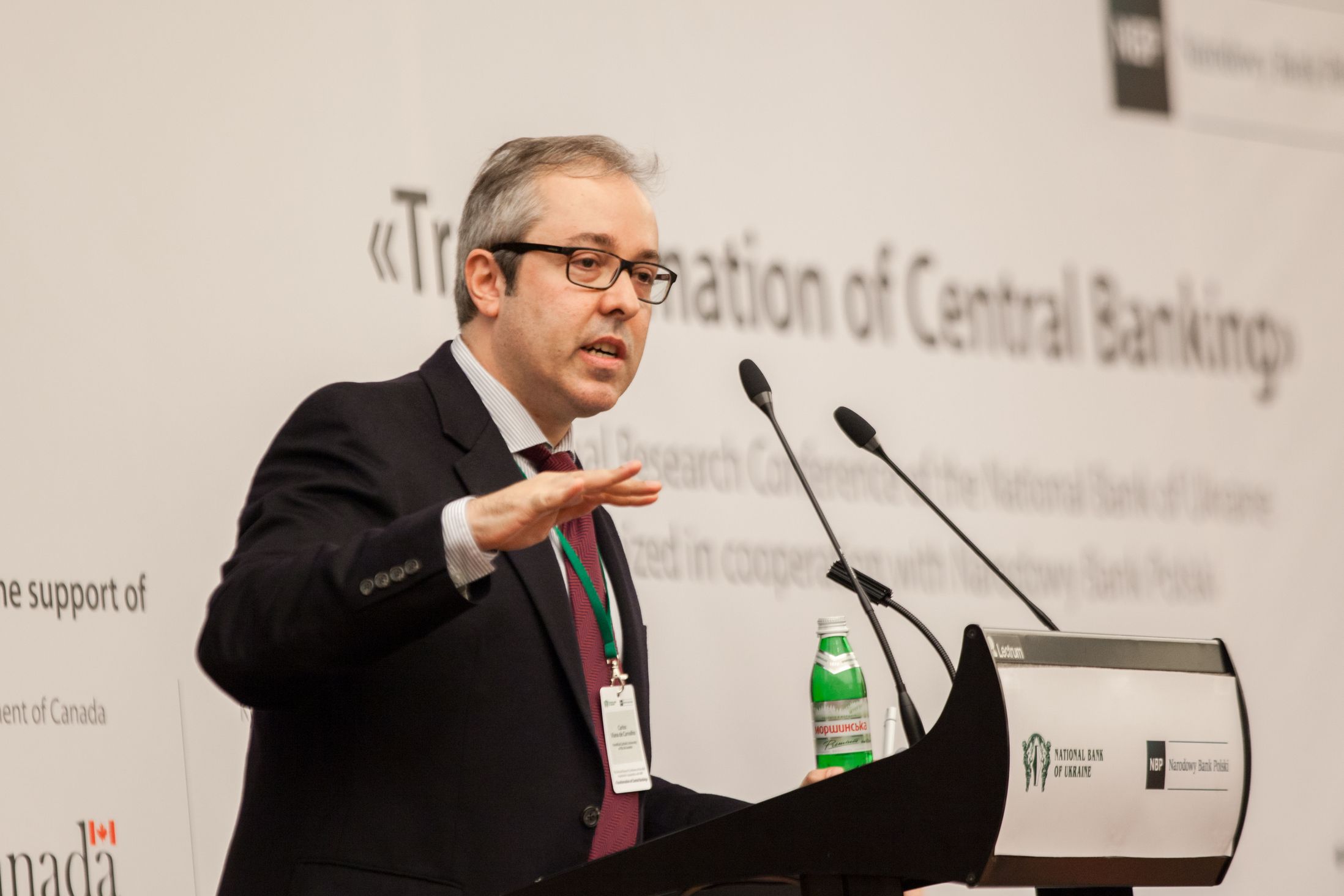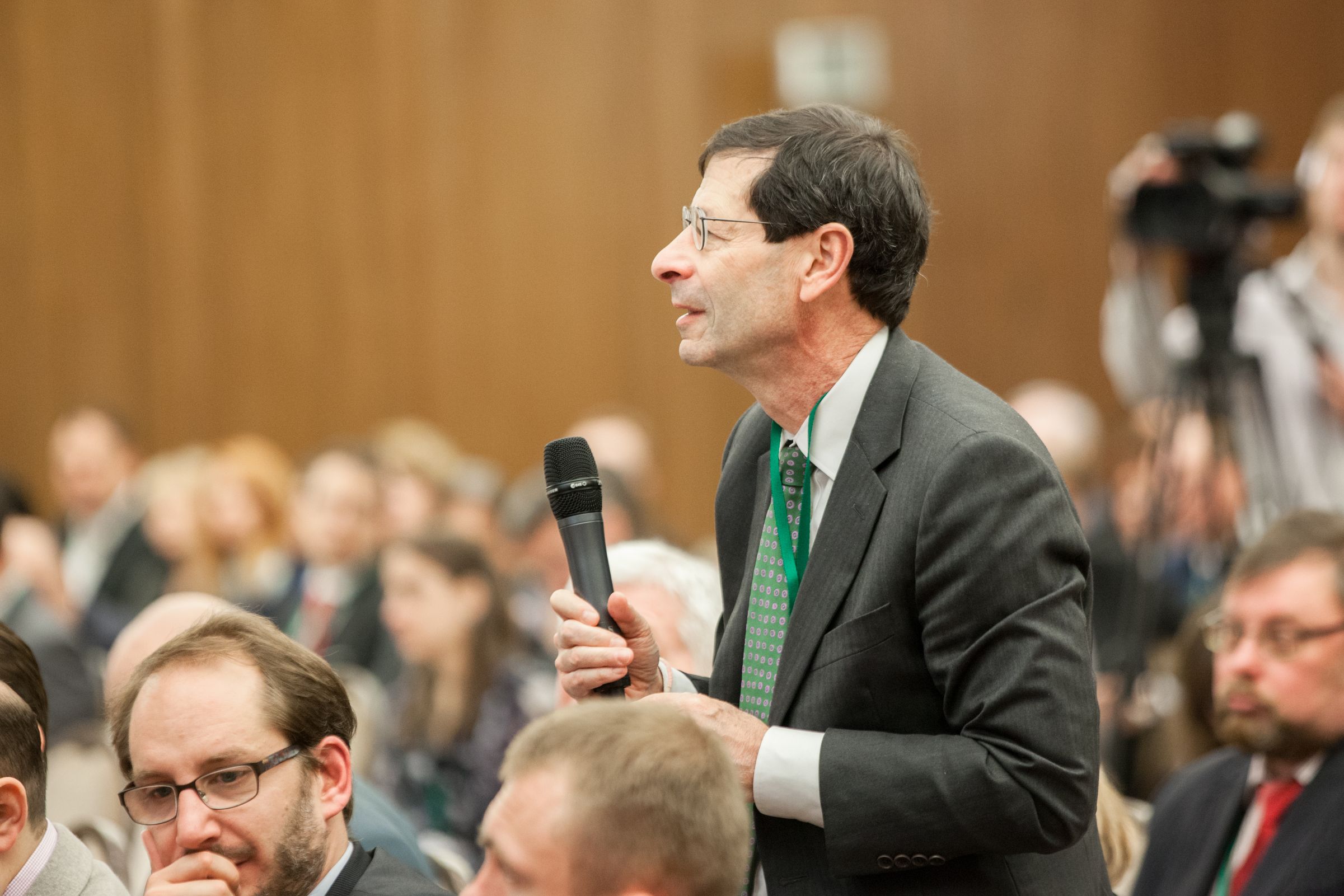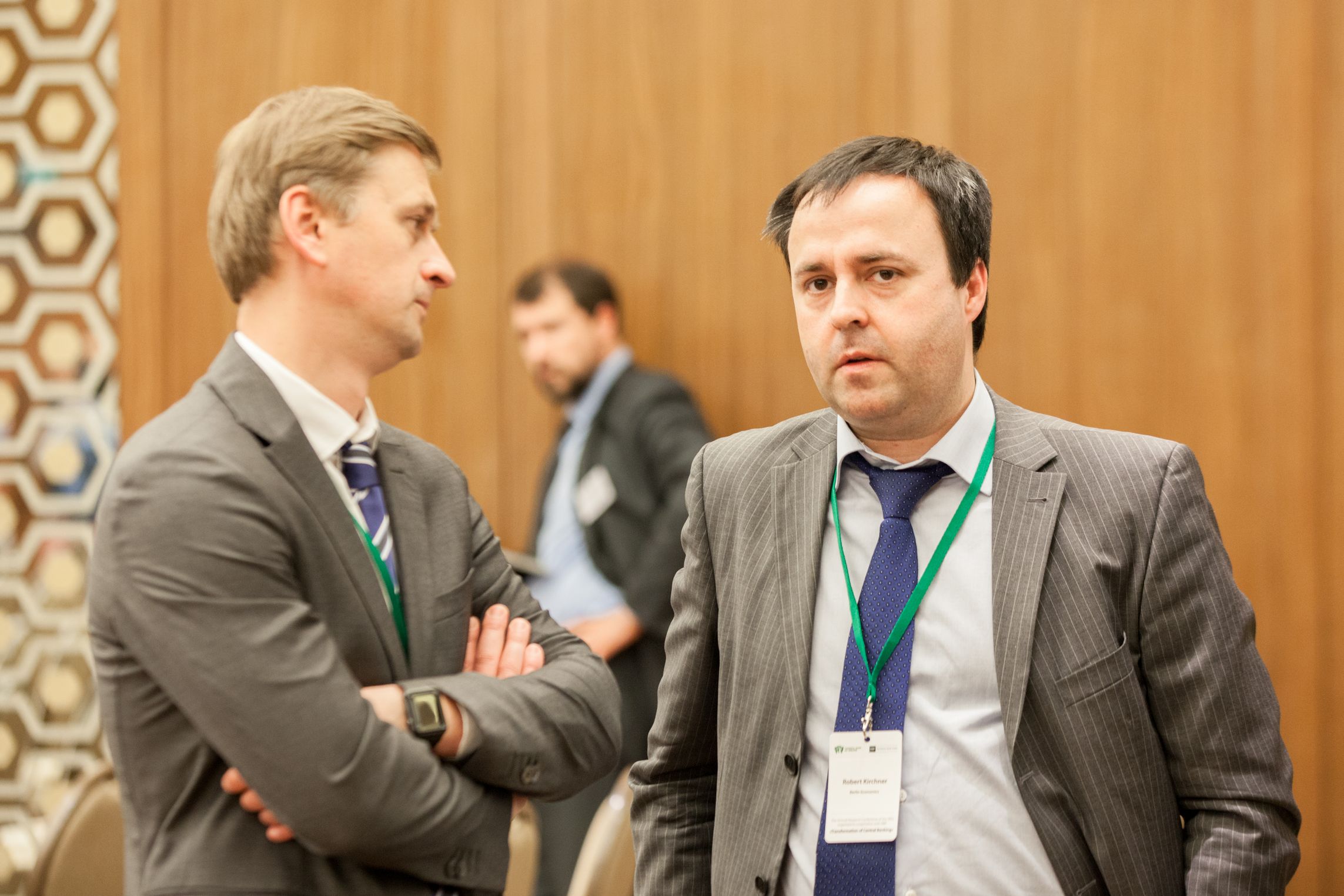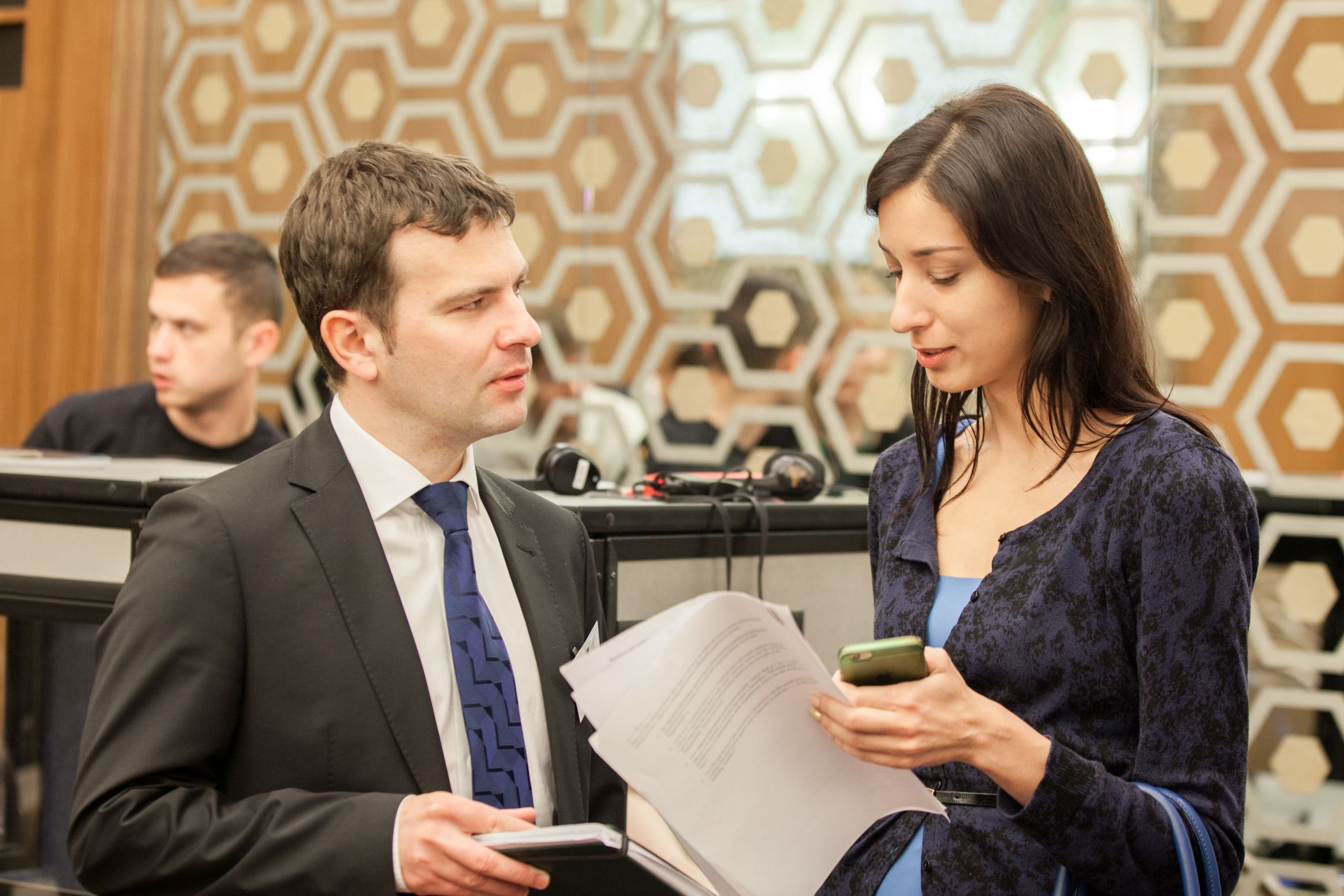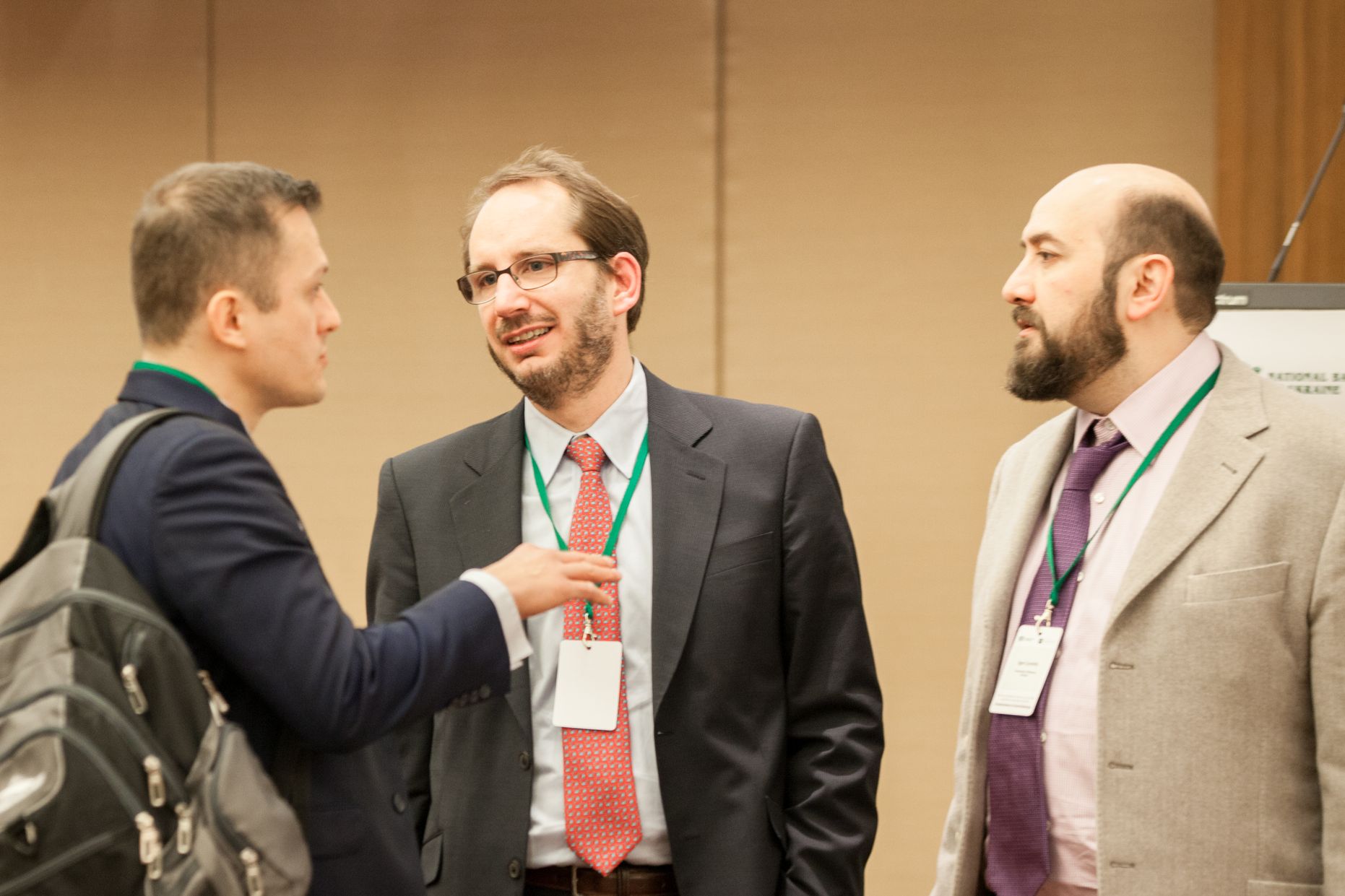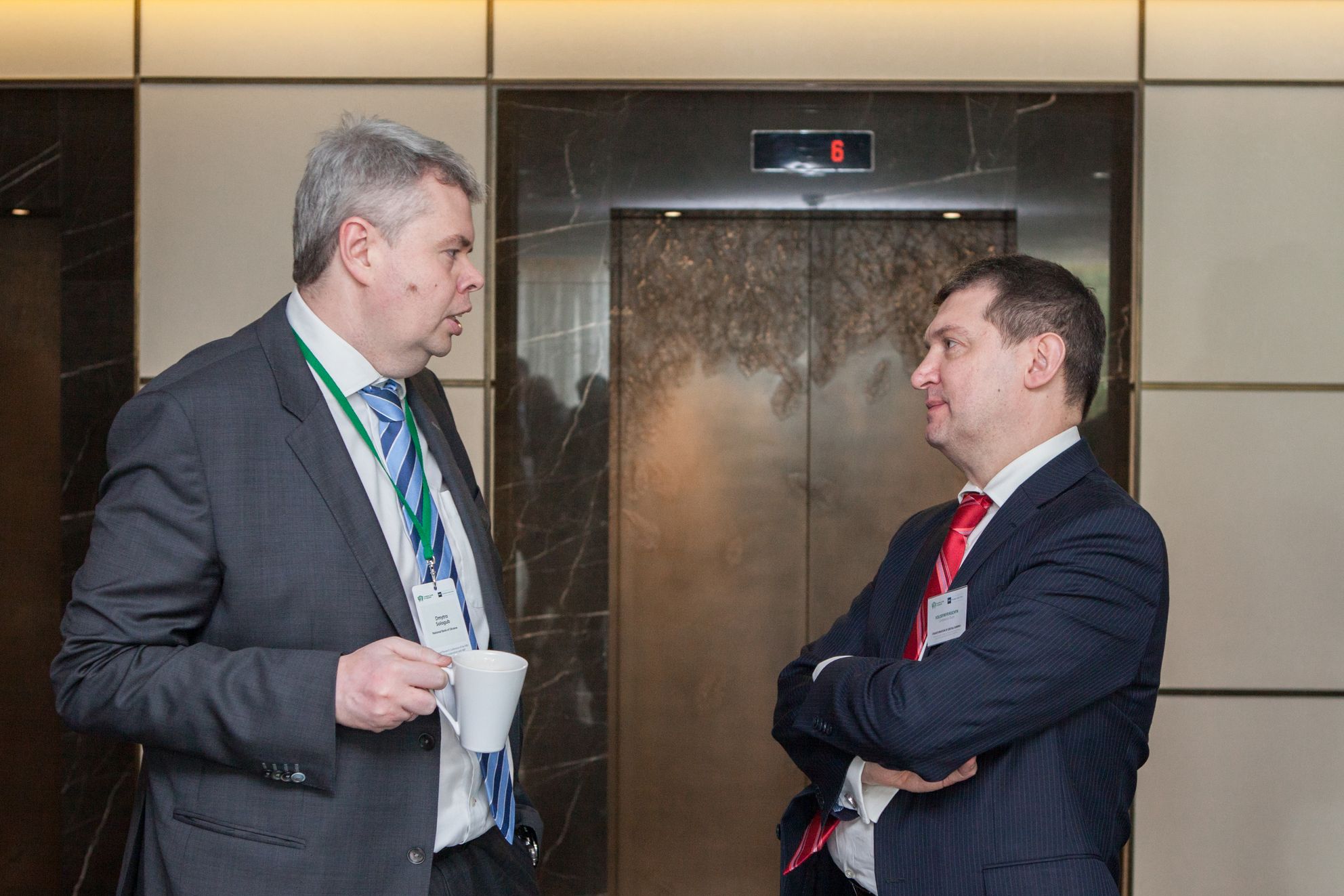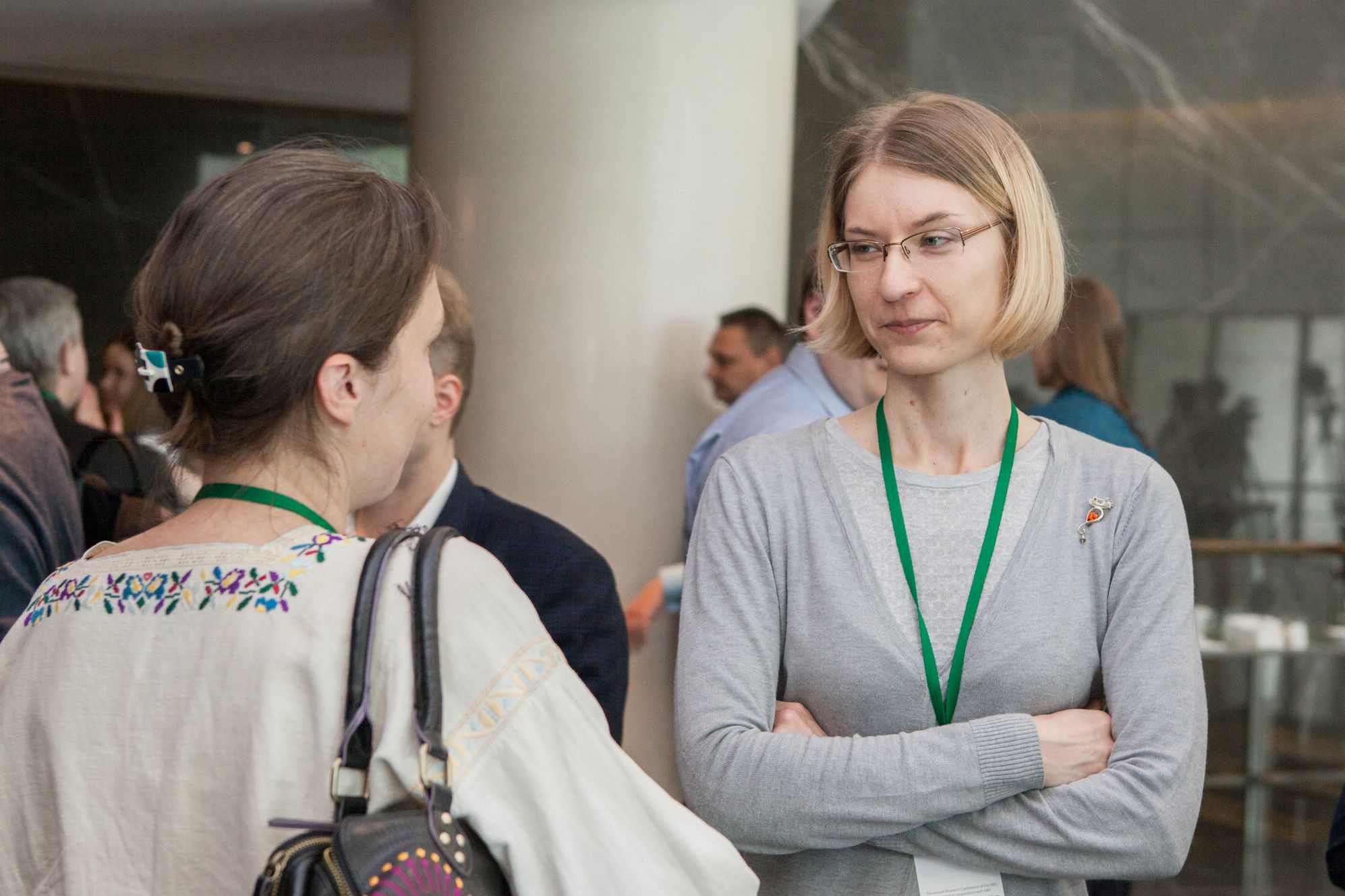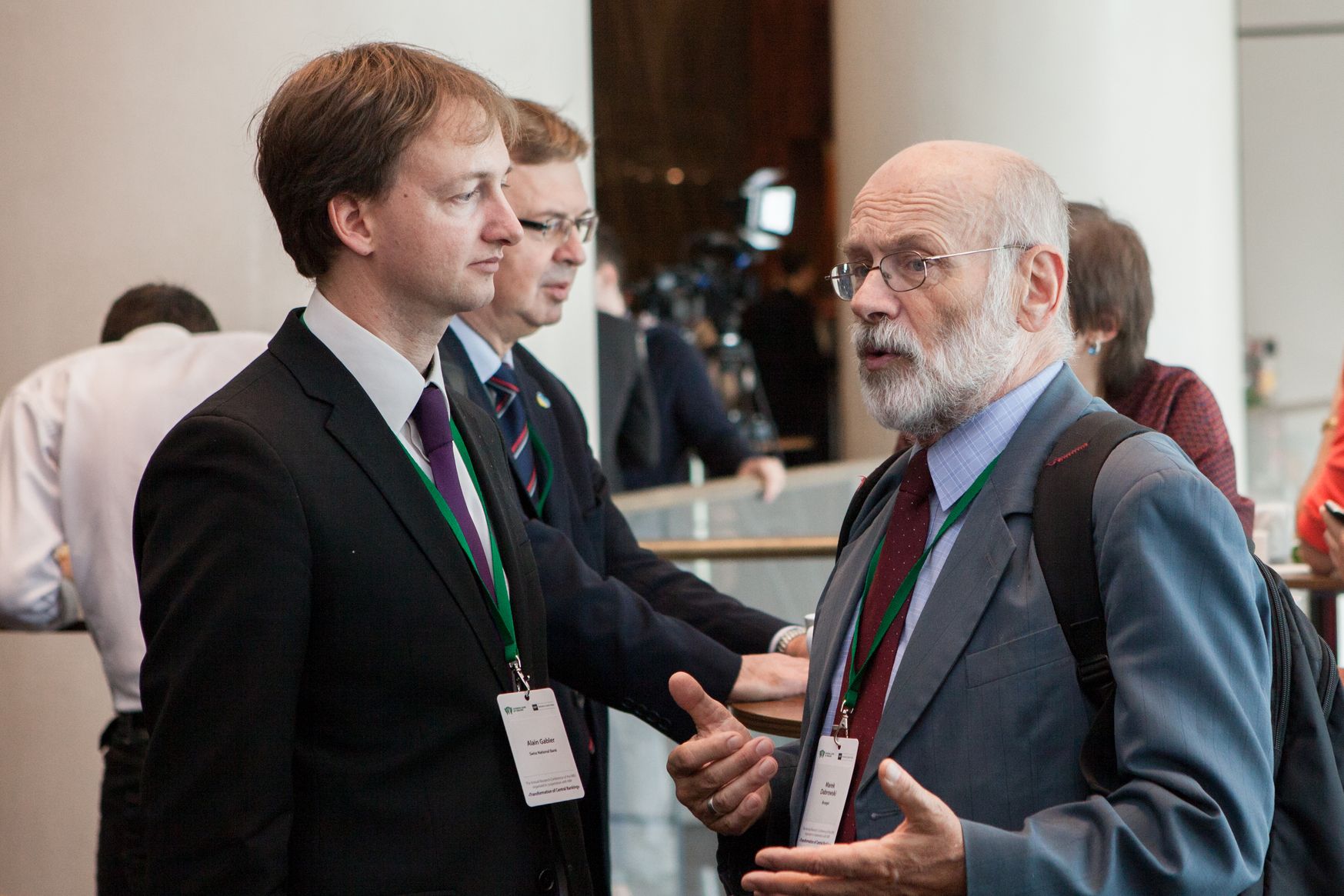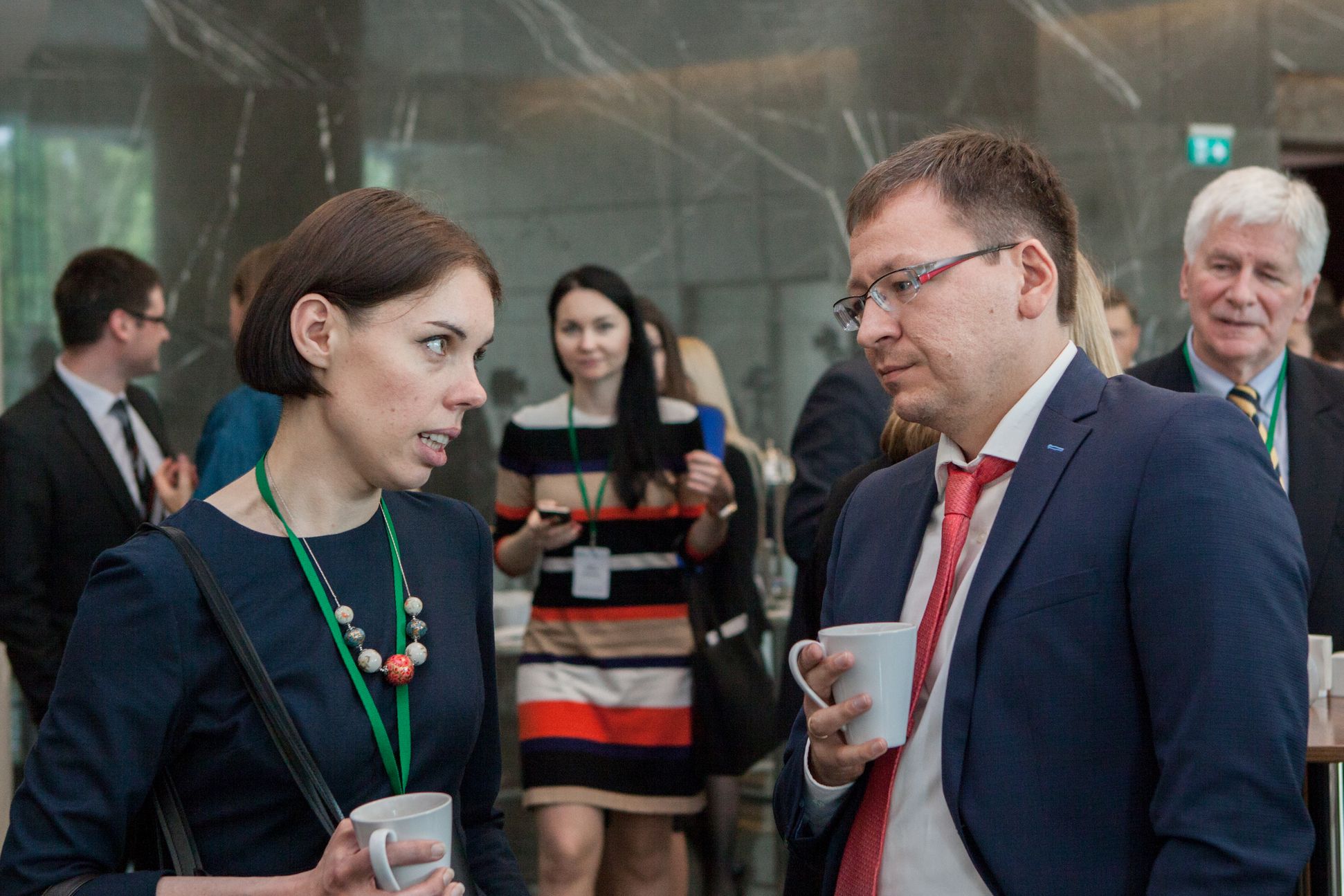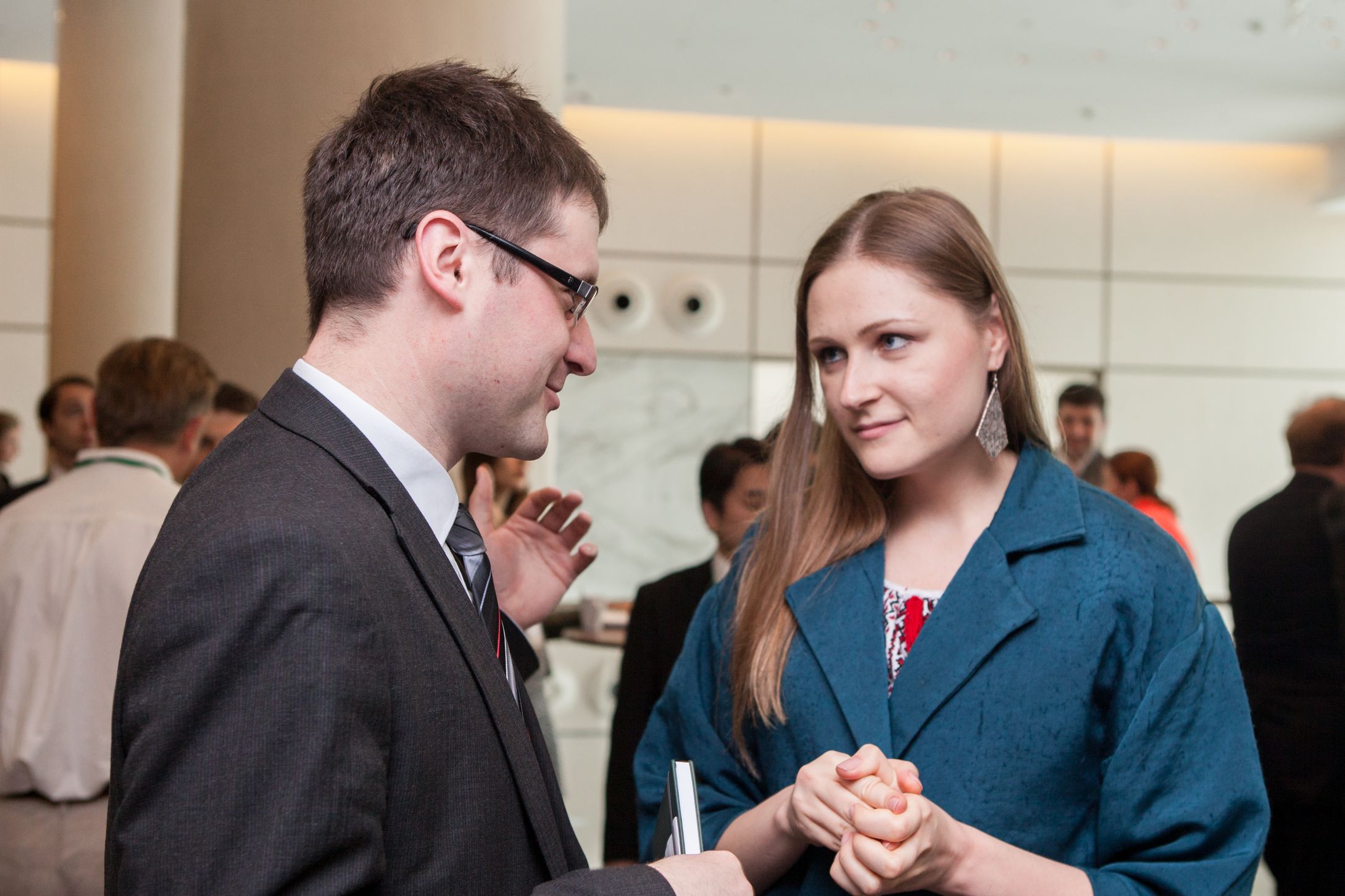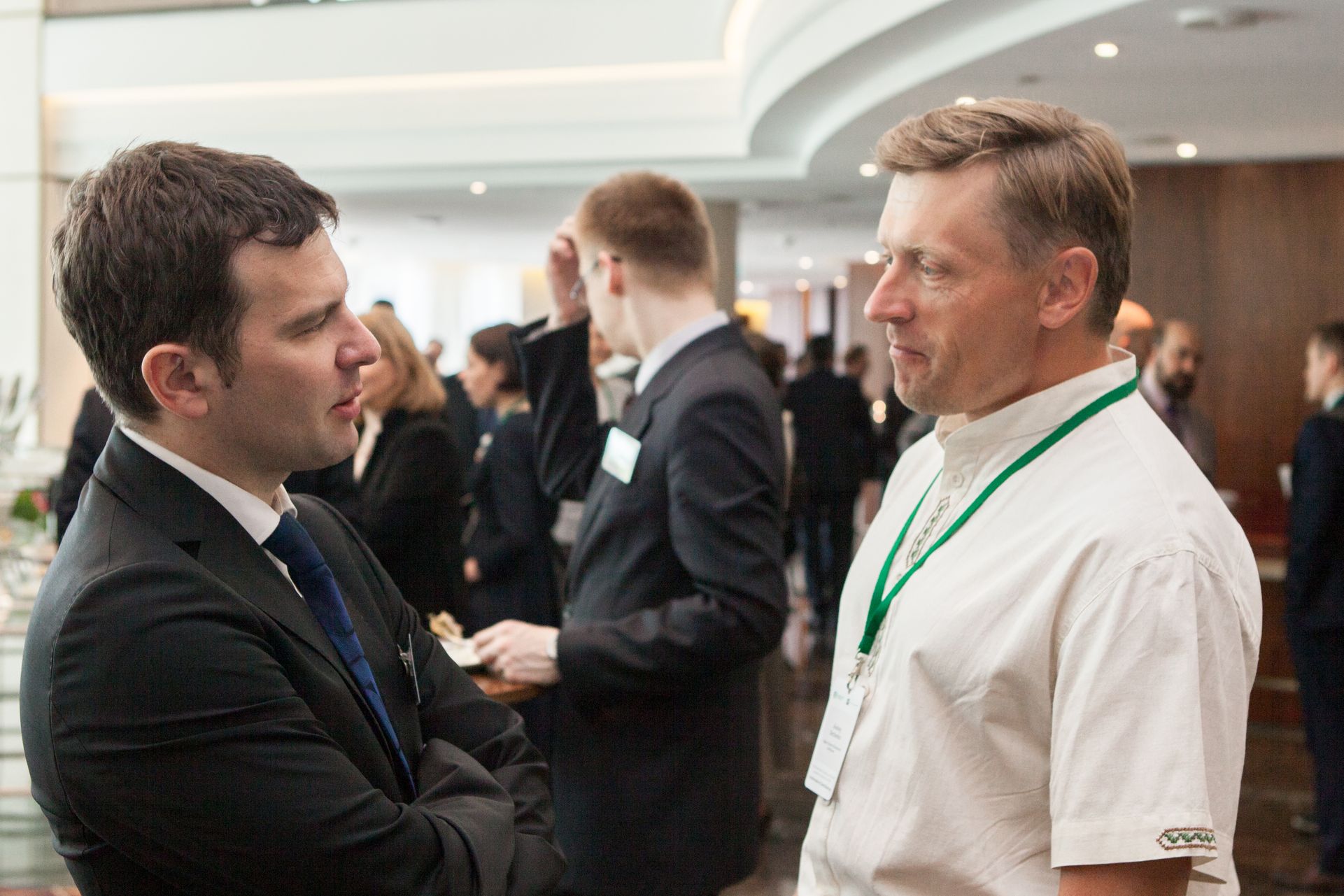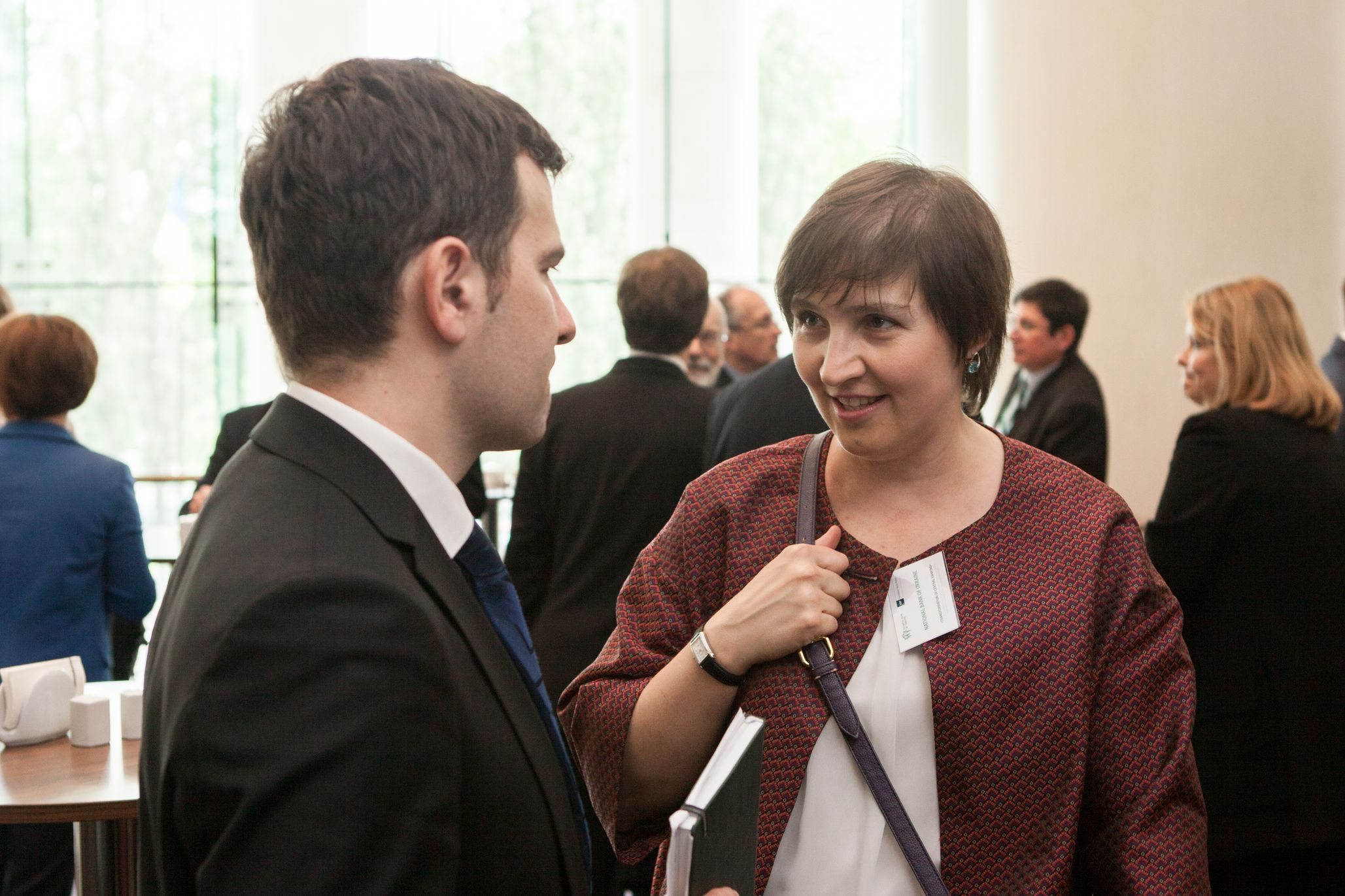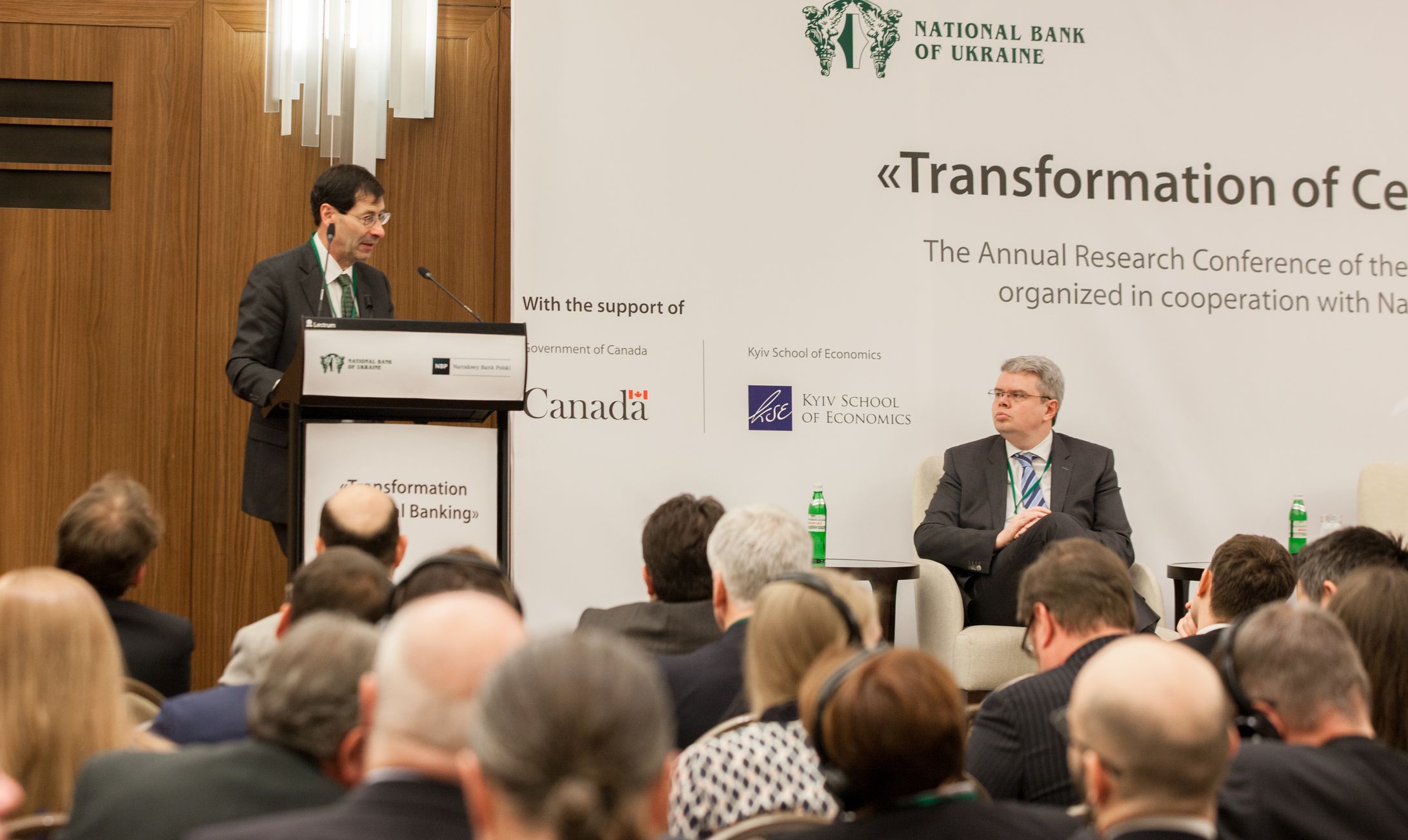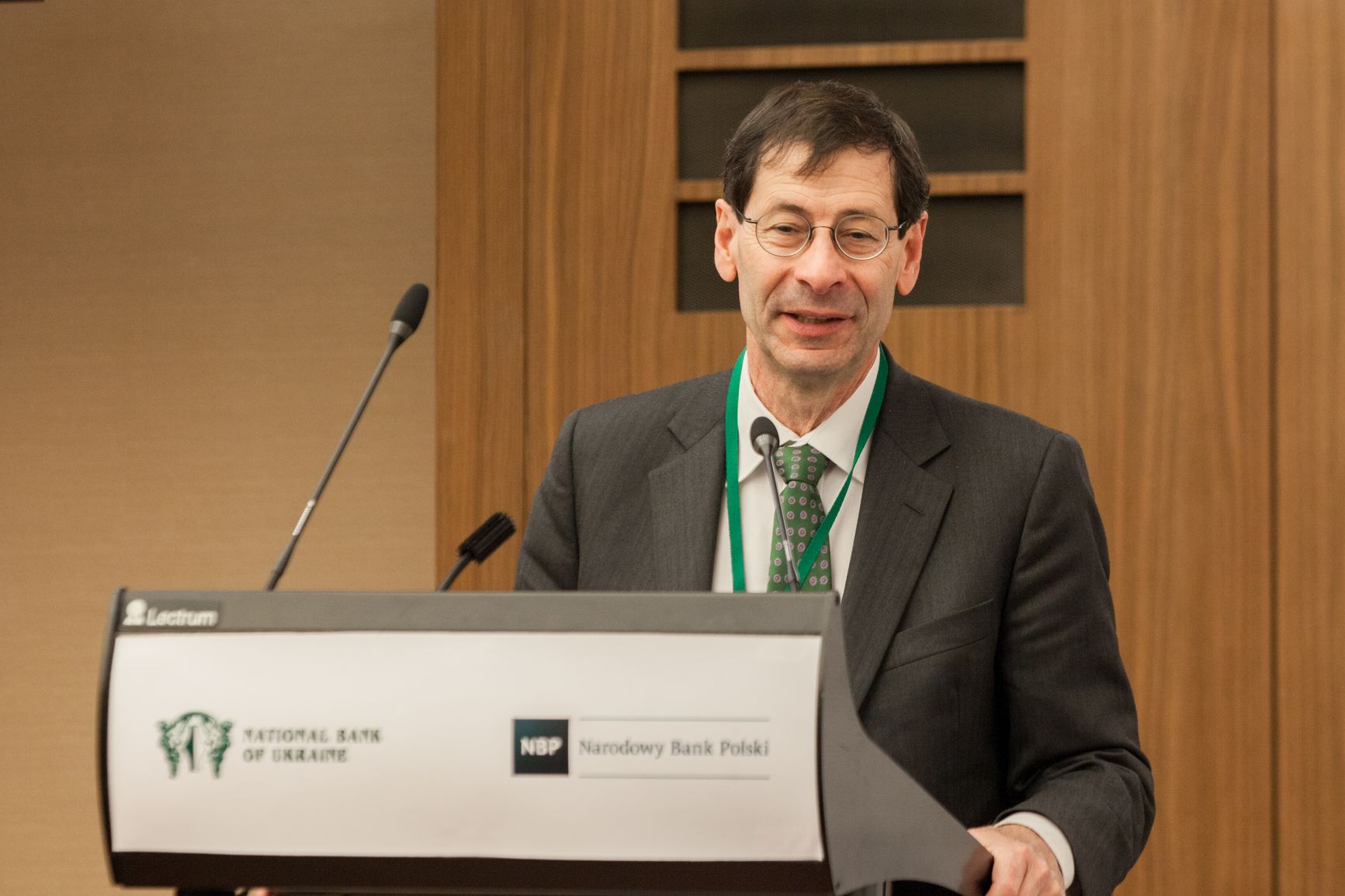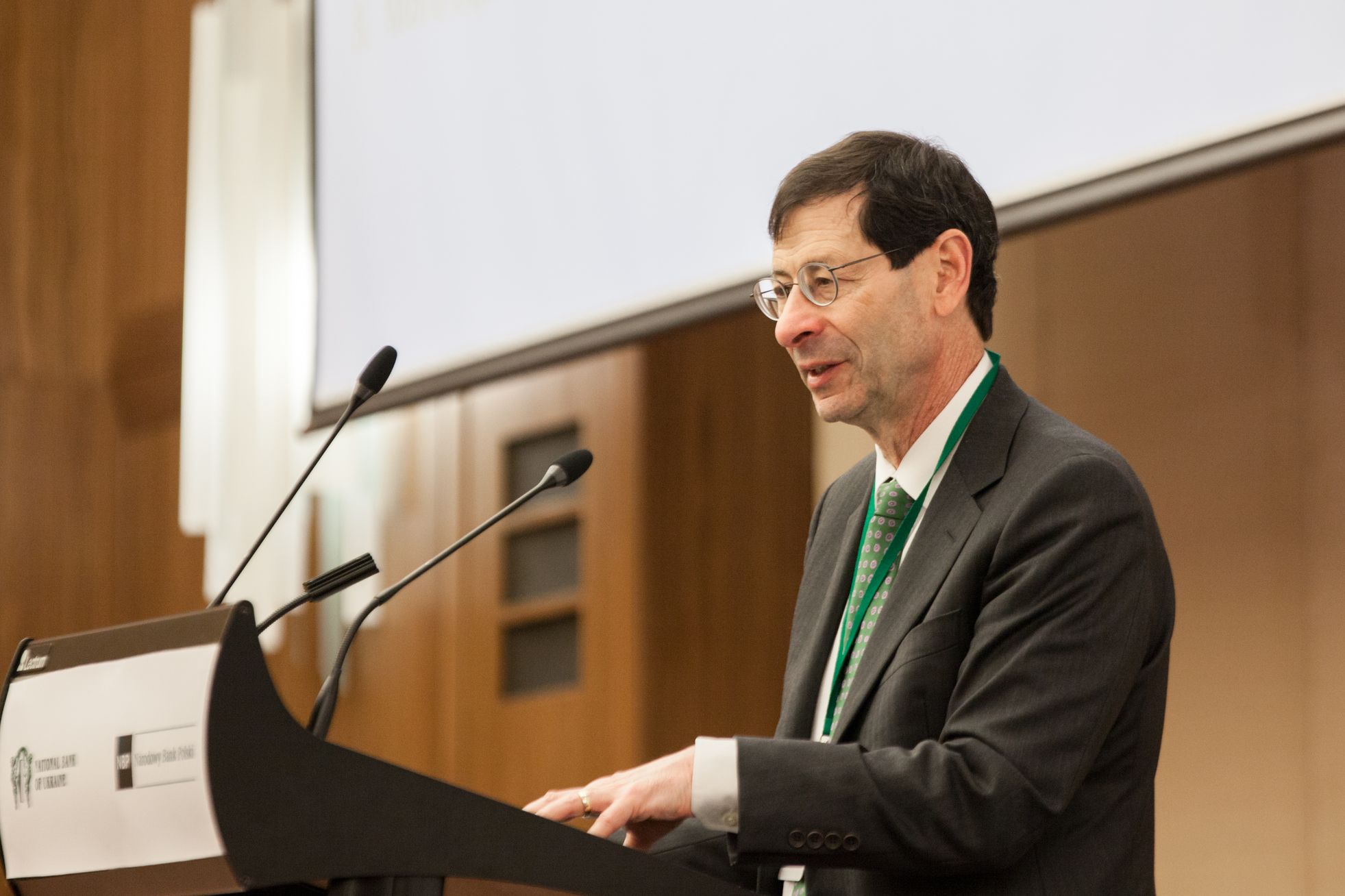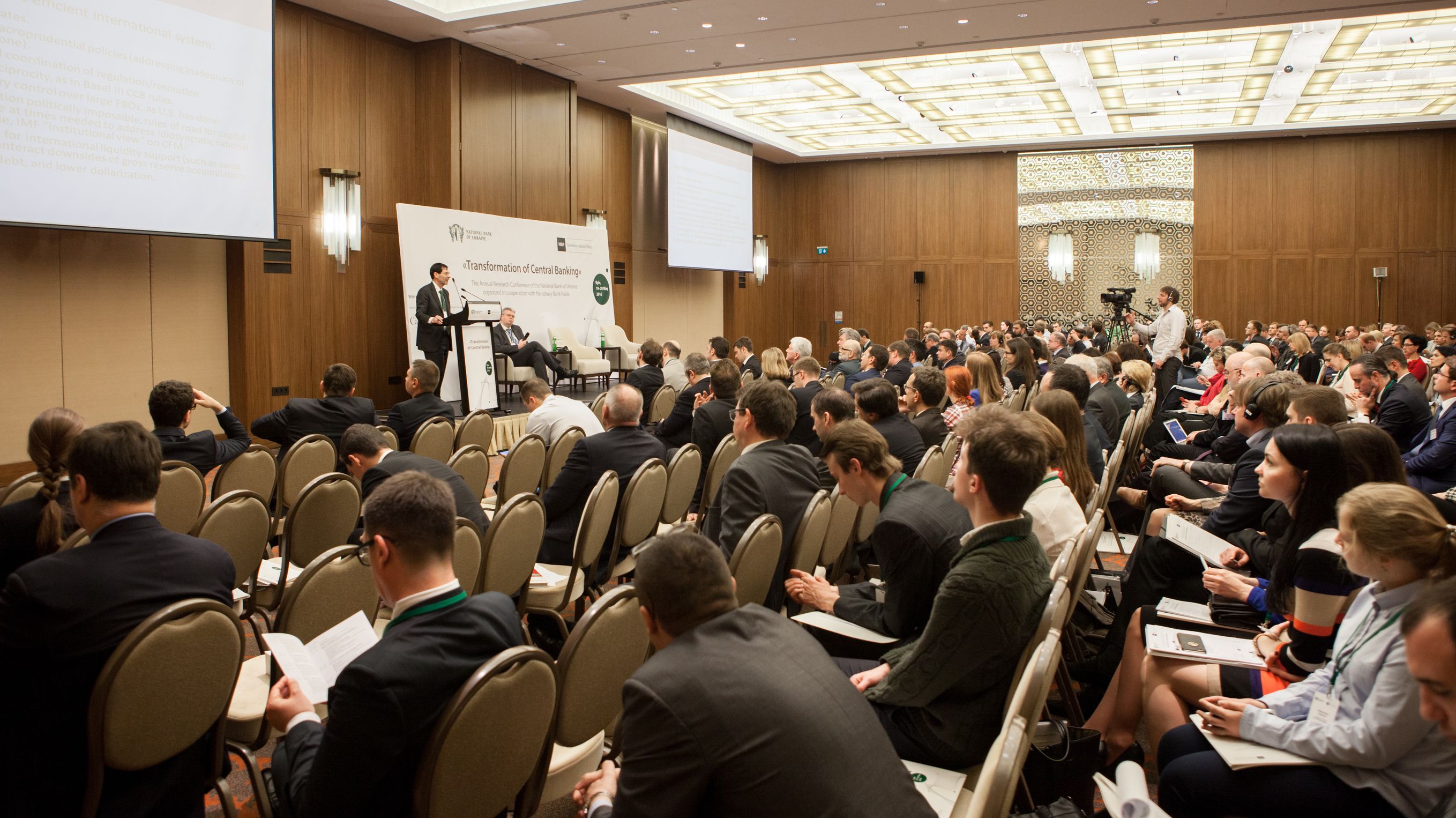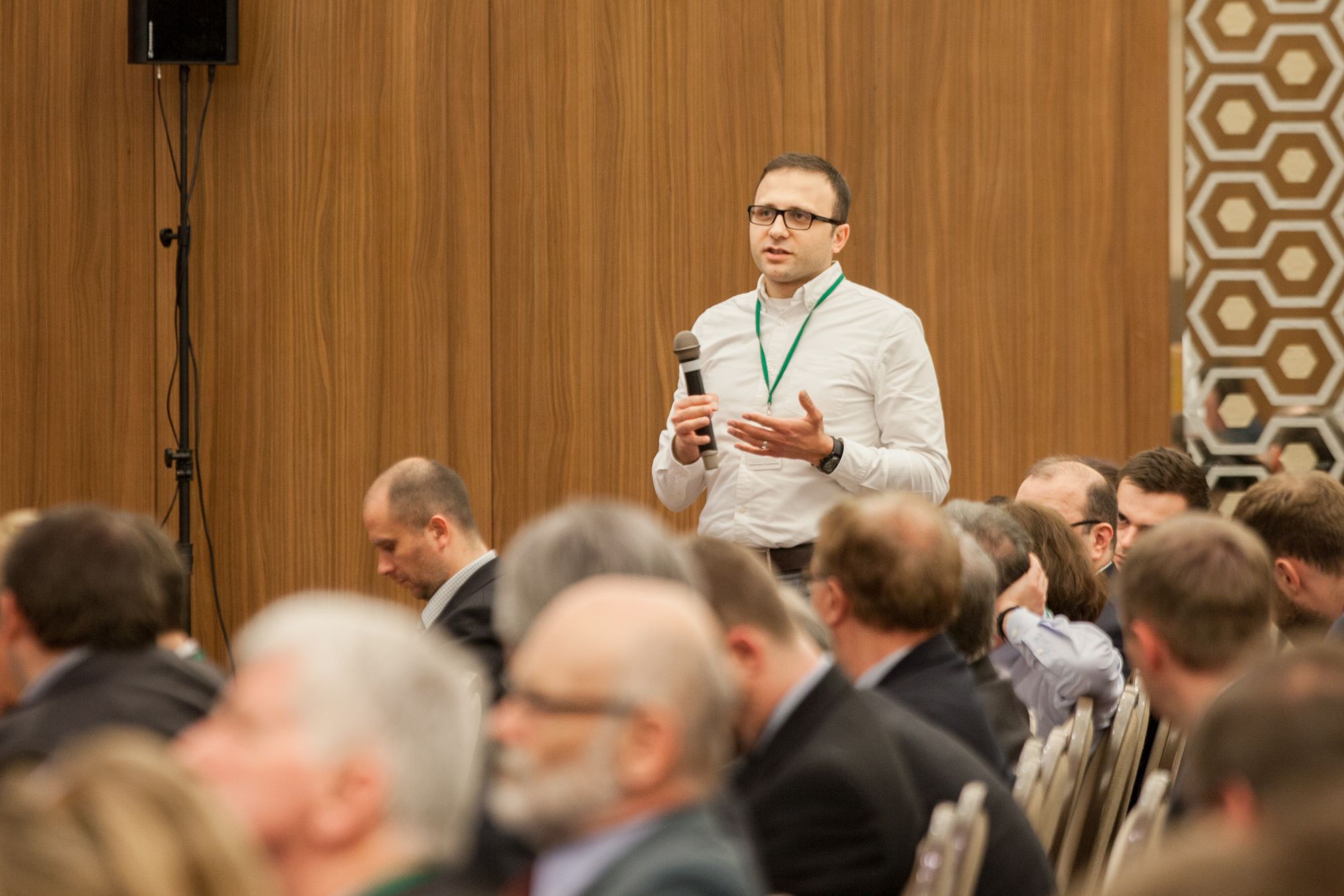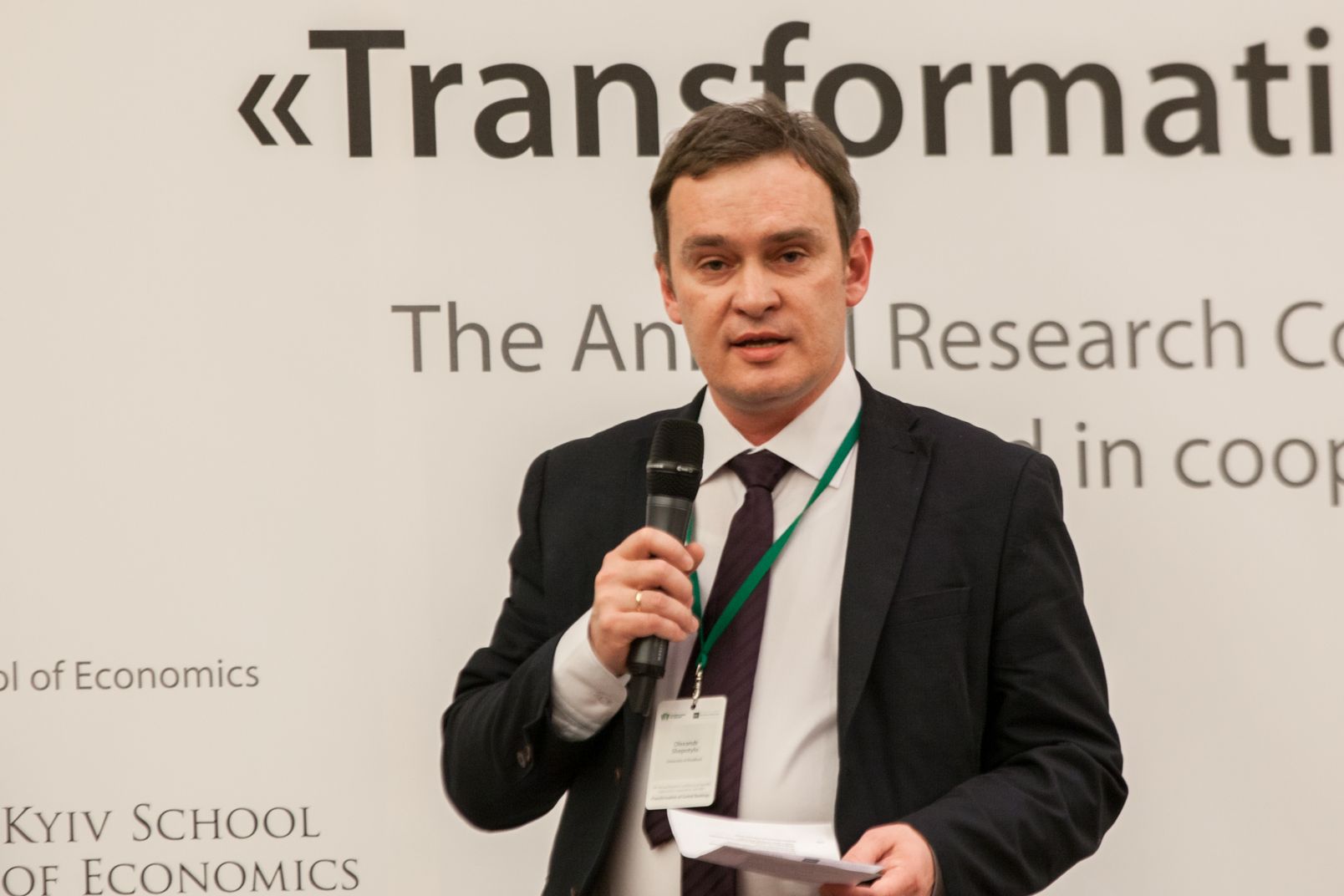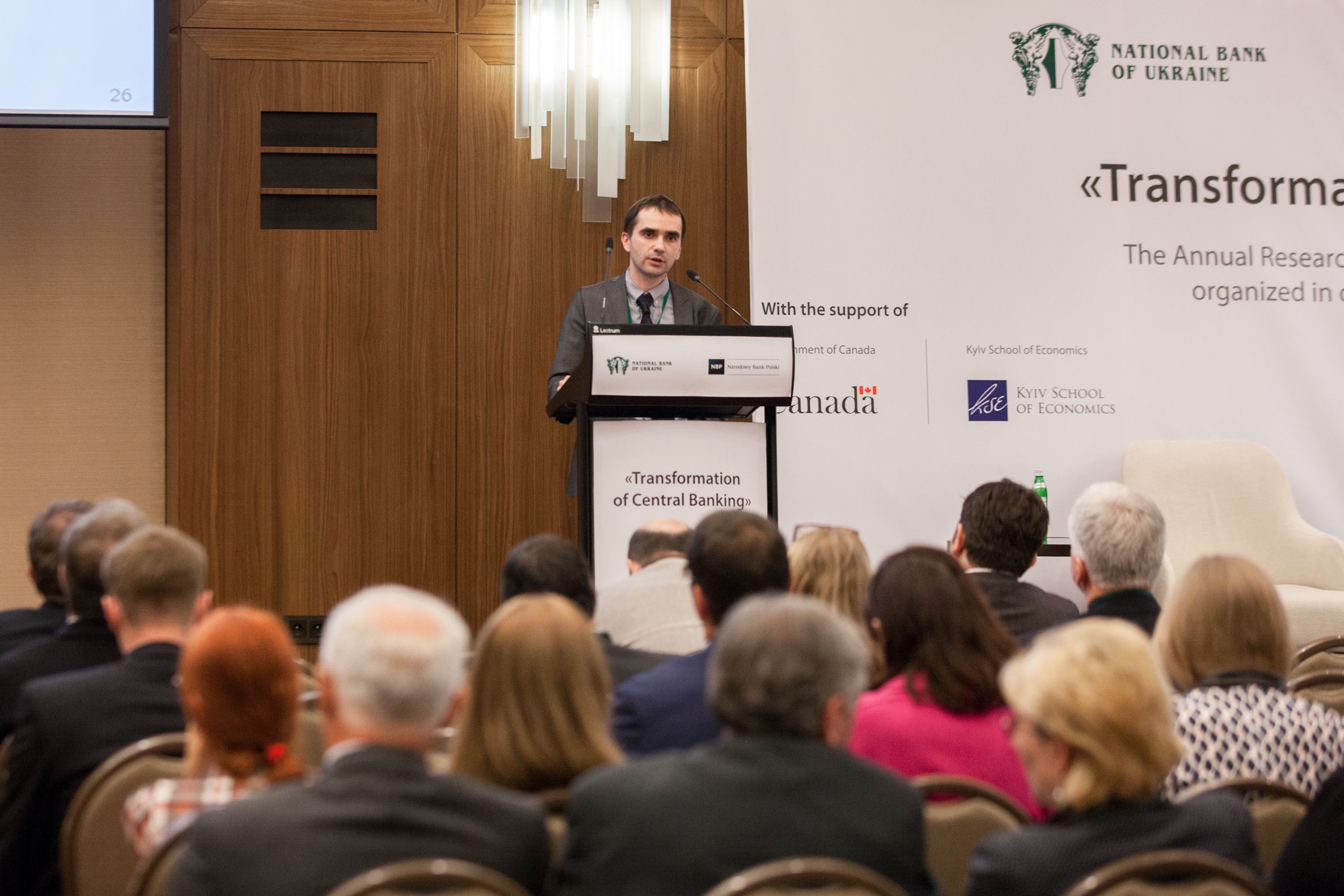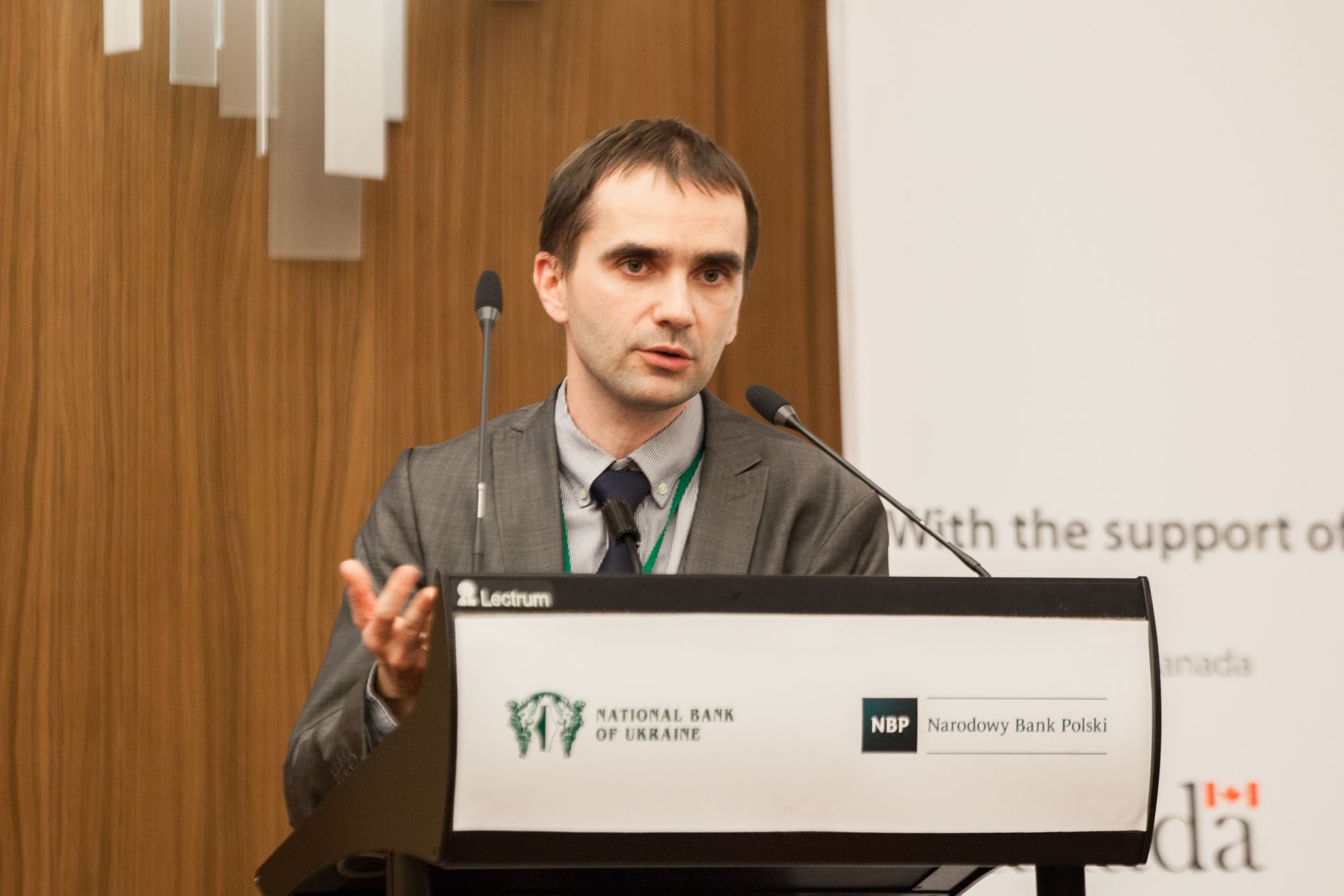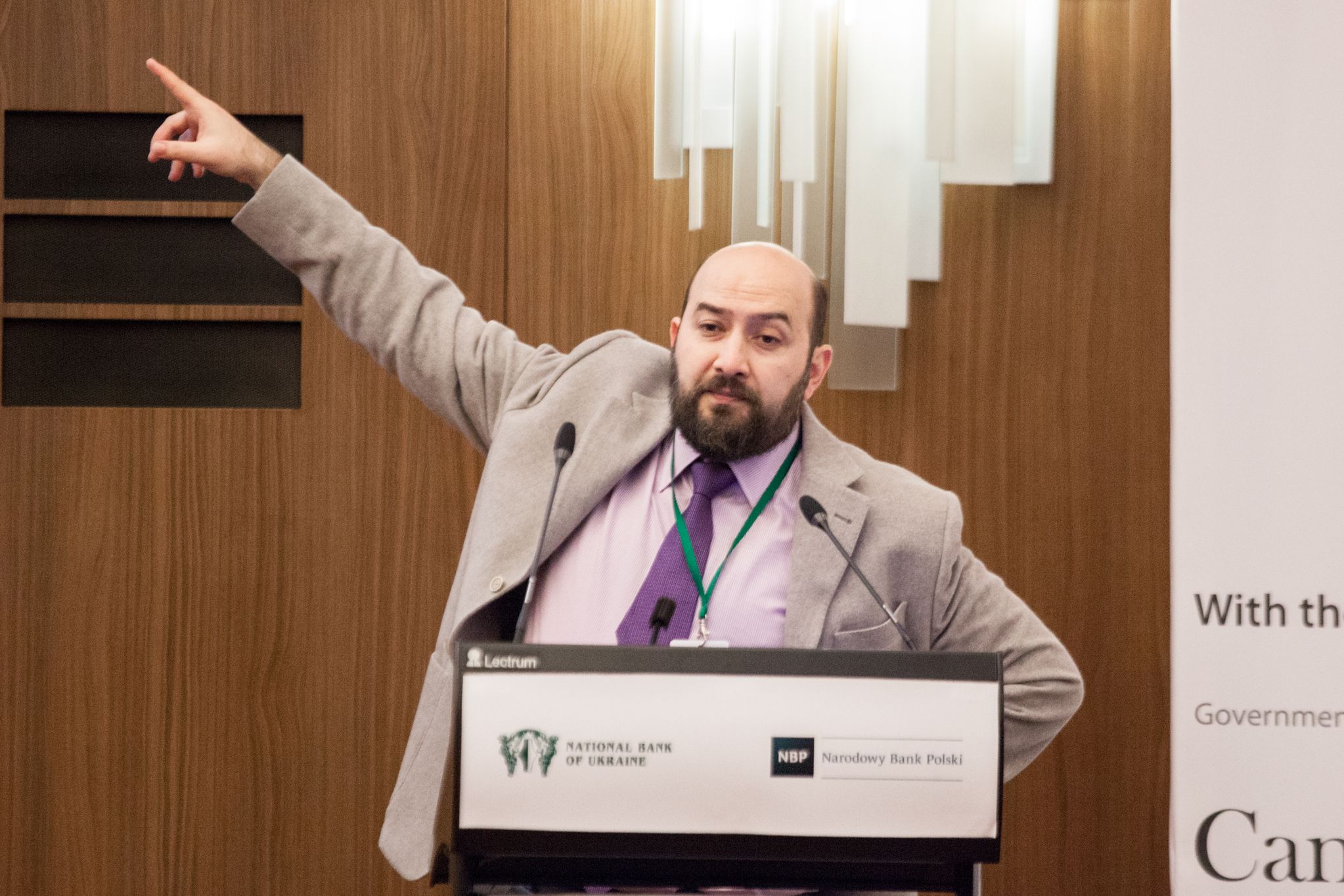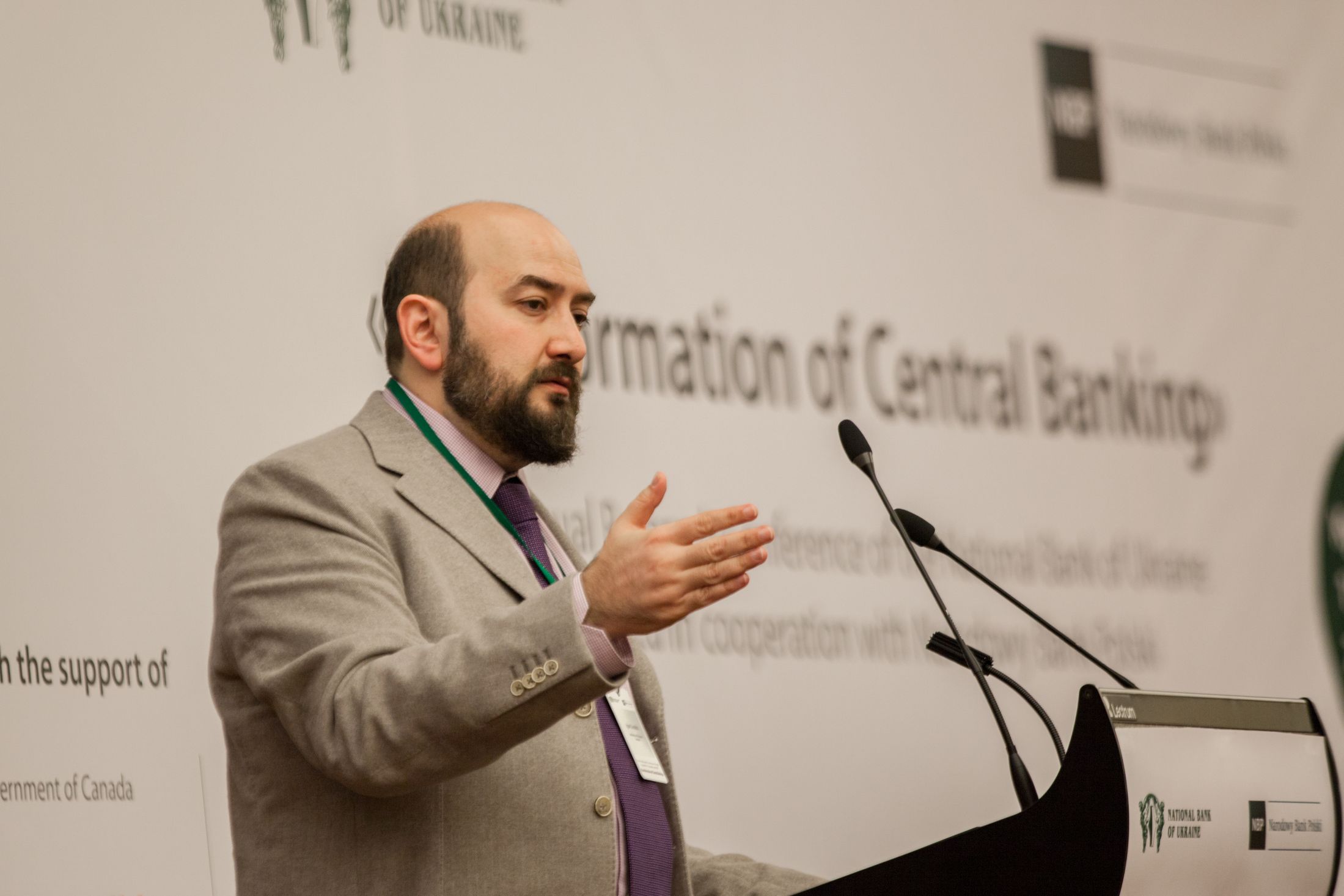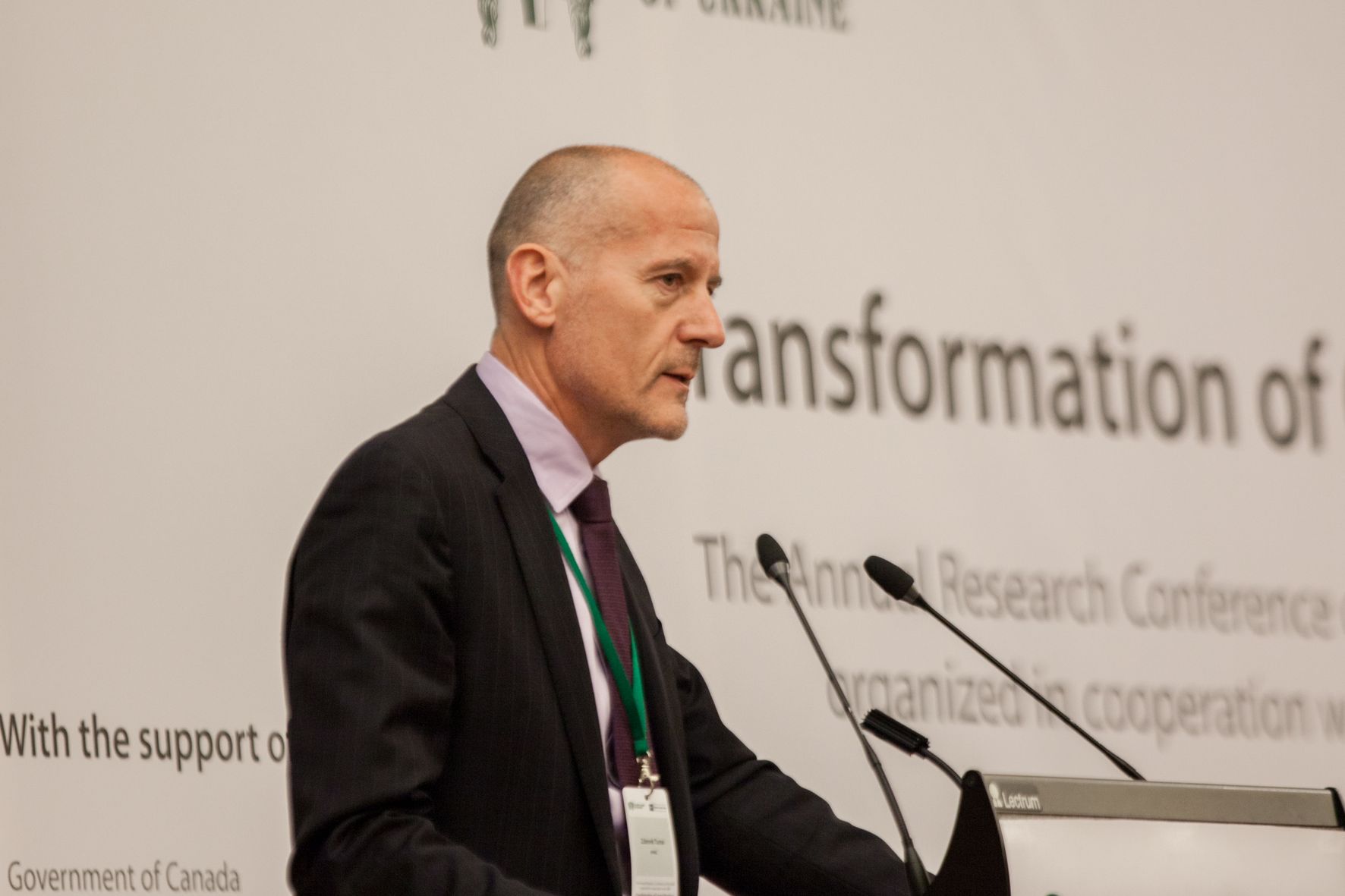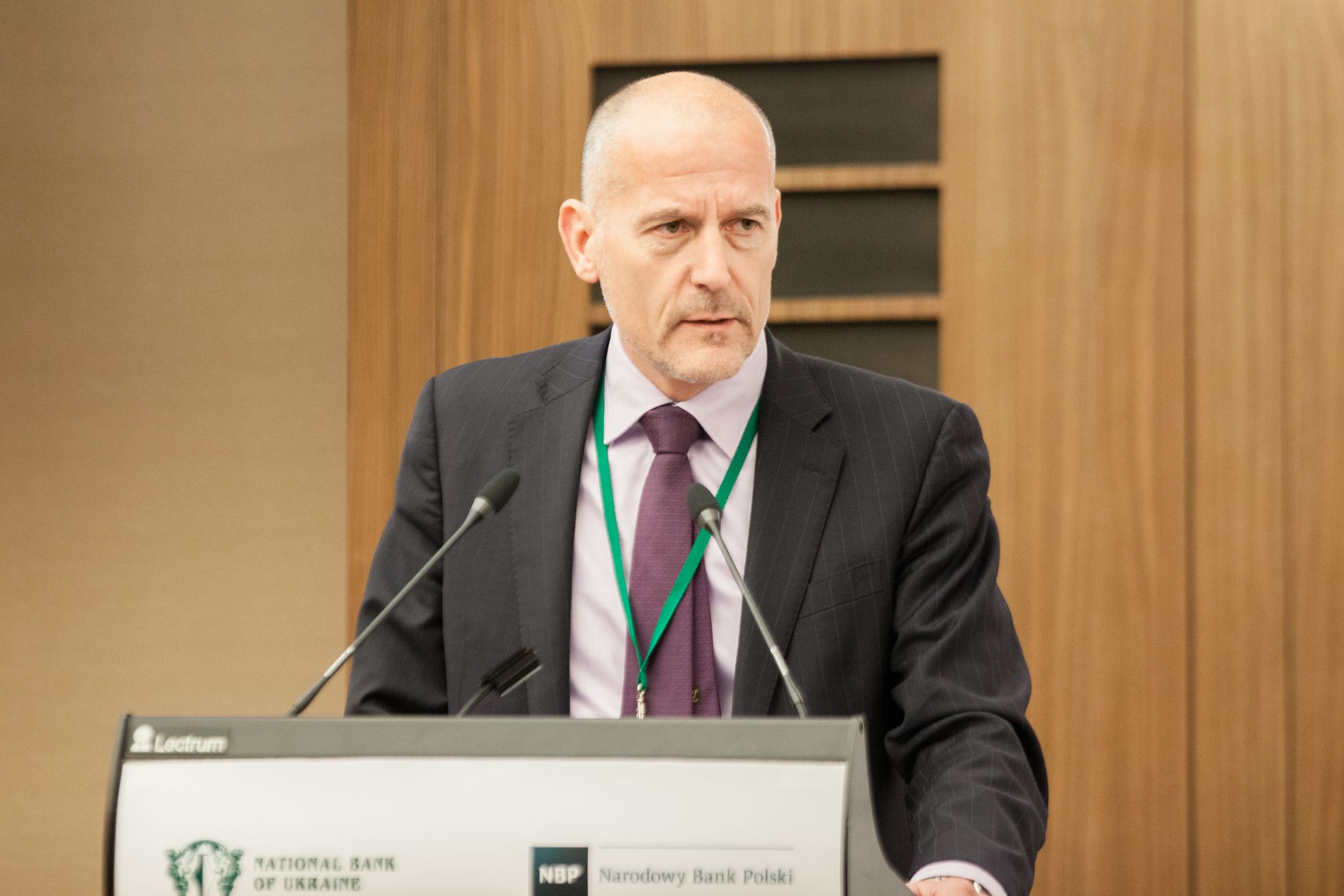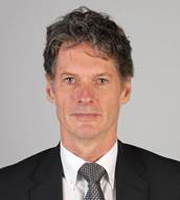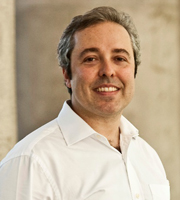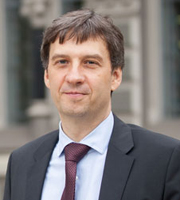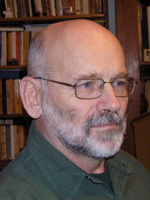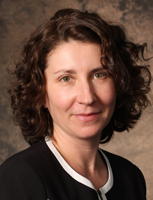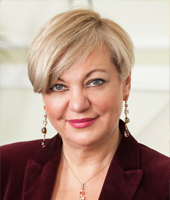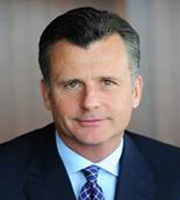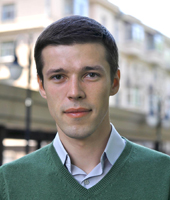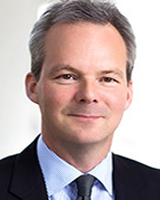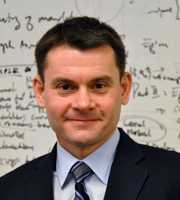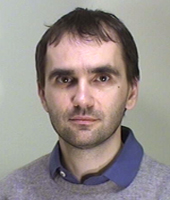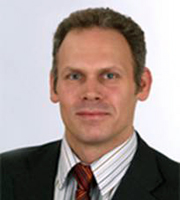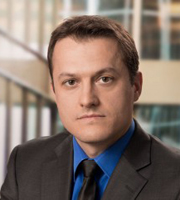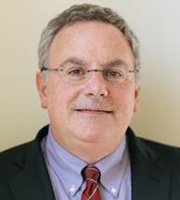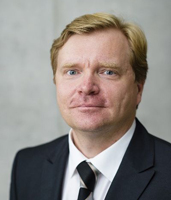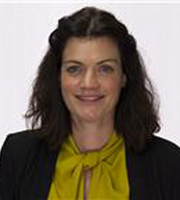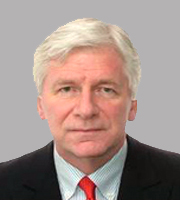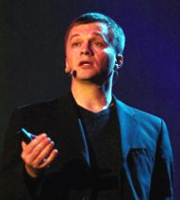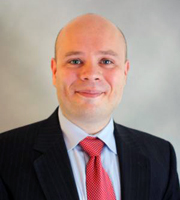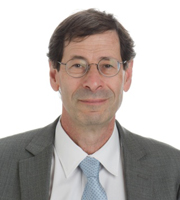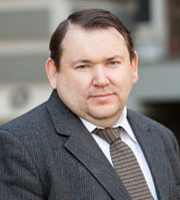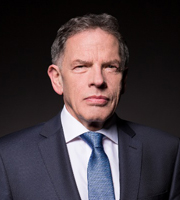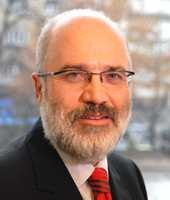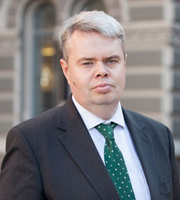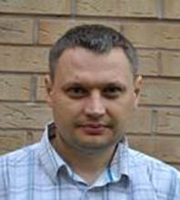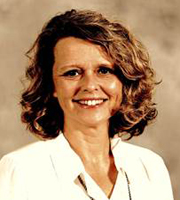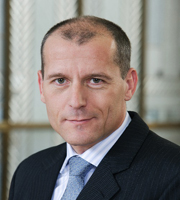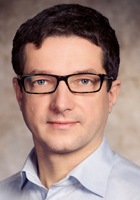About Conference
The recent years brought fundamental changes to central banking. The crisis triggered a vigorous and extensive debate on the role and tools of central banking. Key issues include the macroeconomic importance of financial stability, non-conventional monetary policy and its interaction with fiscal policy. With the transition from the centrally planned to market economy Central and Eastern European central banks have undergone a deep transition as well.
The Conference, the first of the National Bank of Ukraine (NBU) cycle of research conferences aims at bringing together prominent policy-makers, acclaimed practitioners and renowned scholars to discuss the aforementioned issues. Speakers at the conference include representatives from the world's central banks, international financial institutions, leading scholars and experts. Background information about the speakers is available in the “Speakers” section.
The Conference is co-organized by Narodowy Bank Polski with the support of the Government of Canada and the Kyiv School of Economics.
Program
| THURSDAY, 19 MAY 2016 | |
| 09:00 – 09:30 |
Registration and welcome coffee |
| 09:30 – 10:00 |
Welcome address – Valeria Gontareva, National Bank of Ukraine |
| 10:00 – 12:00 |
Research session 1: Price setting Chair – Jacek Suda, Narodowy Bank Polski Price selection, inflation dynamics, and sticky-price models Oleksiy Kryvtsov, Bank of Canada Price setting in online markets: Does IT click? Oleksandr Talavera, University of Sheffield State-dependent pricing and the paradox of flexibility Anton Nakov, European Central Bank |
| 12:00 – 12:30 |
Coffee break |
| 12:30 – 13:00 |
Research session 2: Monetary policy rules Chair – Sergiy Nikolaychuk, National Bank of Ukraine The perils of nominal targets Roc Armenter, Federal Reserve Bank of Philadelphia Anchoring inflation expectations Carlos Viana de Carvalho, Pontifical Catholic University of Rio de Janeiro |
| 13:00-14:00 |
Lunch |
| 14:00 – 15:00 |
Keynote lecture: Trilemmas and tradeoffs: Living with
financial globalization |
| 15:00 – 16:00 |
Research session 3: Macroprudential policy and financial frictions Chair – Oleksandr Shepotylo, University of Bradford Could the boom-bust in eurozone's periphery have been prevented? Marcin Kolasa, Narodowy Bank Polski Sovereign default and banking Igor Livshits, University of Western Ontario |
| 16:00 – 16:30 |
Coffee break |
| 16:30 – 18:00 |
Policy Panel 1: Capital flows management Moderator – Zdenеk Tuma, KPMG Ukrainian experience with capital account liberalization Oleg Churiy, National Bank of Ukraine Capital mobility and the design of monetary policy frameworks Andrew T. Levin, Dartmouth College Managing capital flows in a globalized economy Marek Dabrowski, Bruegel Weighing the costs and benefits of capital market integration Linda L. Tesar, University of Michigan |
| 19:00 |
Reception (Grand Foyer, Hilton Kyiv Hotel) |
| FRIDAY, 20 MAY 2016 | |
| 08:30 – 09:00 |
Welcome coffee |
| 09:00 – 09:30 |
Opening remarks: Are central banks out of ammunition? |
| 09:30 – 11:00 |
Policy Panel 2: Institutional building of the modern central bank Moderator - Marco Škreb, Canada-International Monetary Fund Technical Assistance Project «National Bank of Ukraine Institutional Capacity Building» Transformation of the NBU: The Big Bang practice Vladyslav Rashkovan, National Bank of Ukraine The role of culture, engagement and communication challenges in transforming modern central banks Emma Murphy, Bank of England New technologies that central bankers need to be aware of Andrei Kirilenko, Imperial College Business School The finances of central banks David Archer, Bank for International Settlements |
| 11:00 – 11:30 |
Coffee break |
| 11:30 – 12:00 |
Keynote lecture: What have we learned about inflation targeting after the global financial crisis? Marek Belka, Narodowy Bank Polski |
| 12:00 – 12:30 |
Research session 4: Issues in monetary transmission mechanism Chair – Krzysztof Makarski, Narodowy Bank Polski Exchange rate pass-through and cross-country spillovers: Some evidence from Ukraine and Russia Oleksandr Faryna, National Bank of Ukraine Monetary-fiscal interactions and the Euro Area’s malaise Bartosz Maćkowiak, European Central Bank Rules versus discretion in monetary policy conduct Alex Nikolsko-Rzhevskyy, Lehigh University |
| 12:30 – 13:30 |
Lunch |
| 13:30 – 15:30 |
Policy Panel 3: Challenges for inflation targeting Moderator – David Vavra, OGResearch NBU in the transition to inflation targeting Dmytro Sologub, National Bank of Ukraine 25 years of inflation targeting: View from Canada John Murray, Queen’s University Inflation targeting in emerging world: Lessons from Poland Dariusz Rosati, European Parliament Contemporary inflation targeting: Time to change? Per Jansson, Sveriges Riksbank |
| 15:30 – 16:00 |
Coffee break |
| 16:00 – 17:30 |
Research session 5: Issues in labor market and business cycles Chair – Tom Coupe, Kyiv School of Economics Measuring resource utilization in the labor market Marianna Kudlyak, Federal Reserve Bank of San Francisco Can you cure debt with more debt? Yuliya Demyanyk, Federal Reserve Bank of Cleveland Analysis of business cycles of China and its impact on the rest of the world Iikka Korhonen, Bank of Finland Institute for Economies in Transition |
| 17:30 – 17:45 |
Closing remarks – Tymofiy Mylovanov, Kyiv School of Economics |
With the support of:
|
Government of Canada 
|
Kyiv School of Economics 
|
|
Since the beginning of the crisis in Ukraine, Canada has been at the forefront of the international community’s support to the Ukrainian people – especially in their government’s ongoing and important reform efforts. Since January 2014, Canada has also announced more than $700 million in much-needed assistance to Ukraine, including $400 million in low interest loans to help Ukraine stabilize its economy and over $240 million in bilateral development assistance focusing on democracy, the rule of law, and sustainable economic growth. |
Founded in 1996, the Kyiv School of Economics (KSE) is a world-class, well-respected educational institution, both in Ukraine and abroad. The KSE is ranked among the top schools in Central and Eastern Europe. This educational institution trains the future generation of world-class economists, thus contributing to the development of economics, business, as well as economic policy in Ukraine and neighboring countries. |
Venue

|
HILTON KYIV 30 TARASA SHEVCHENKA BLVD, KYIV, 01030, UKRAINE TEL: +380-44-3935400 FAX: +380-44-3935401 |
